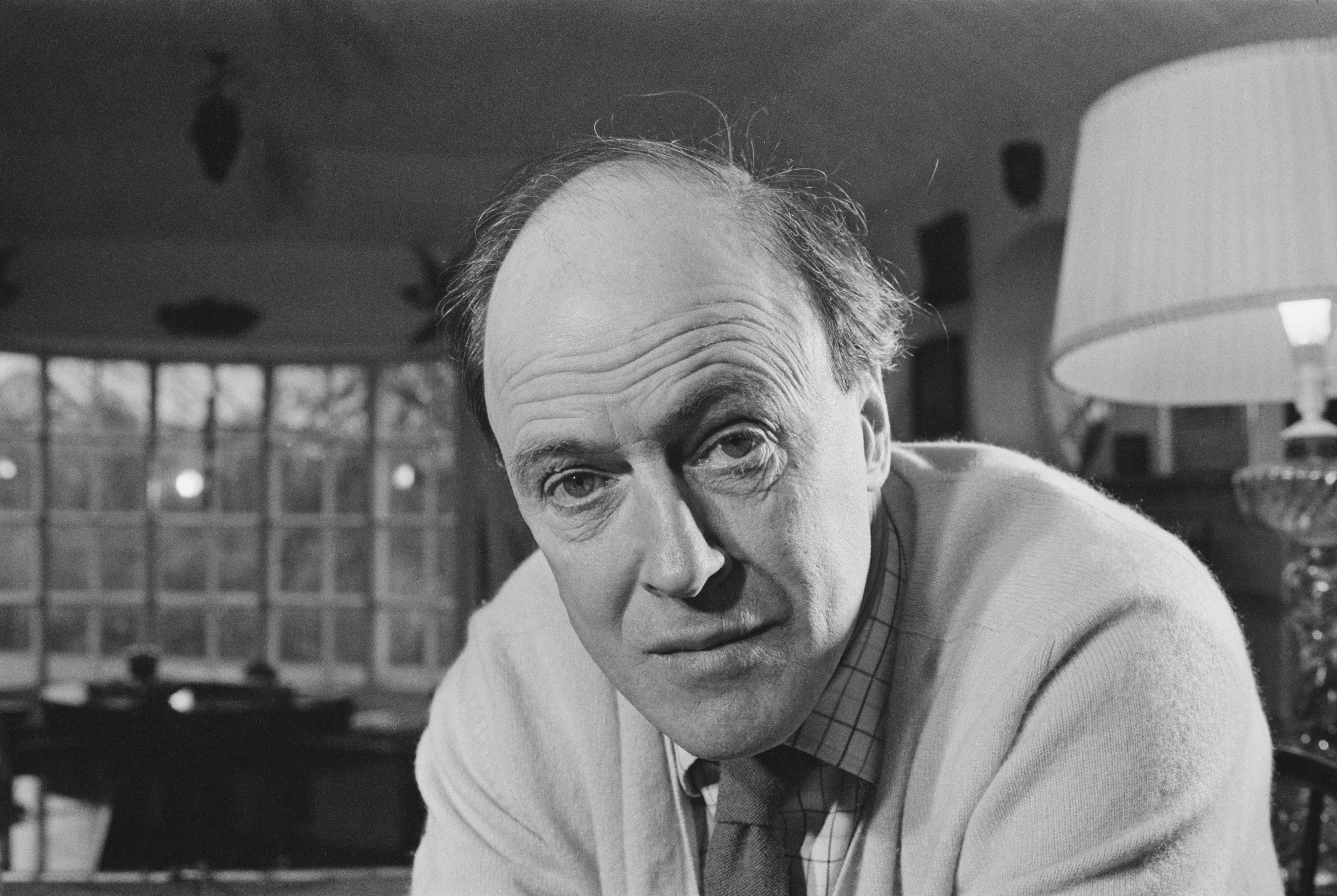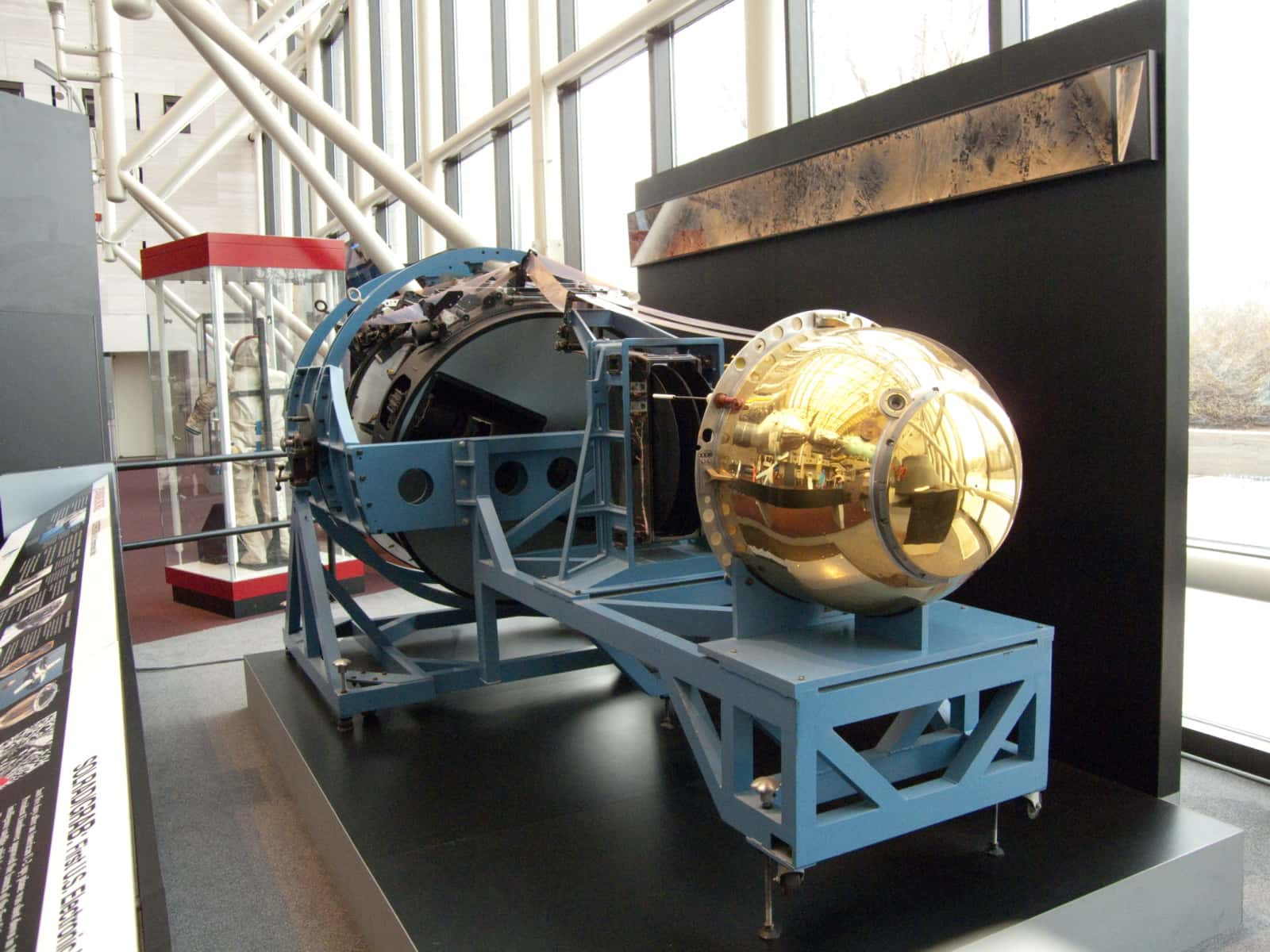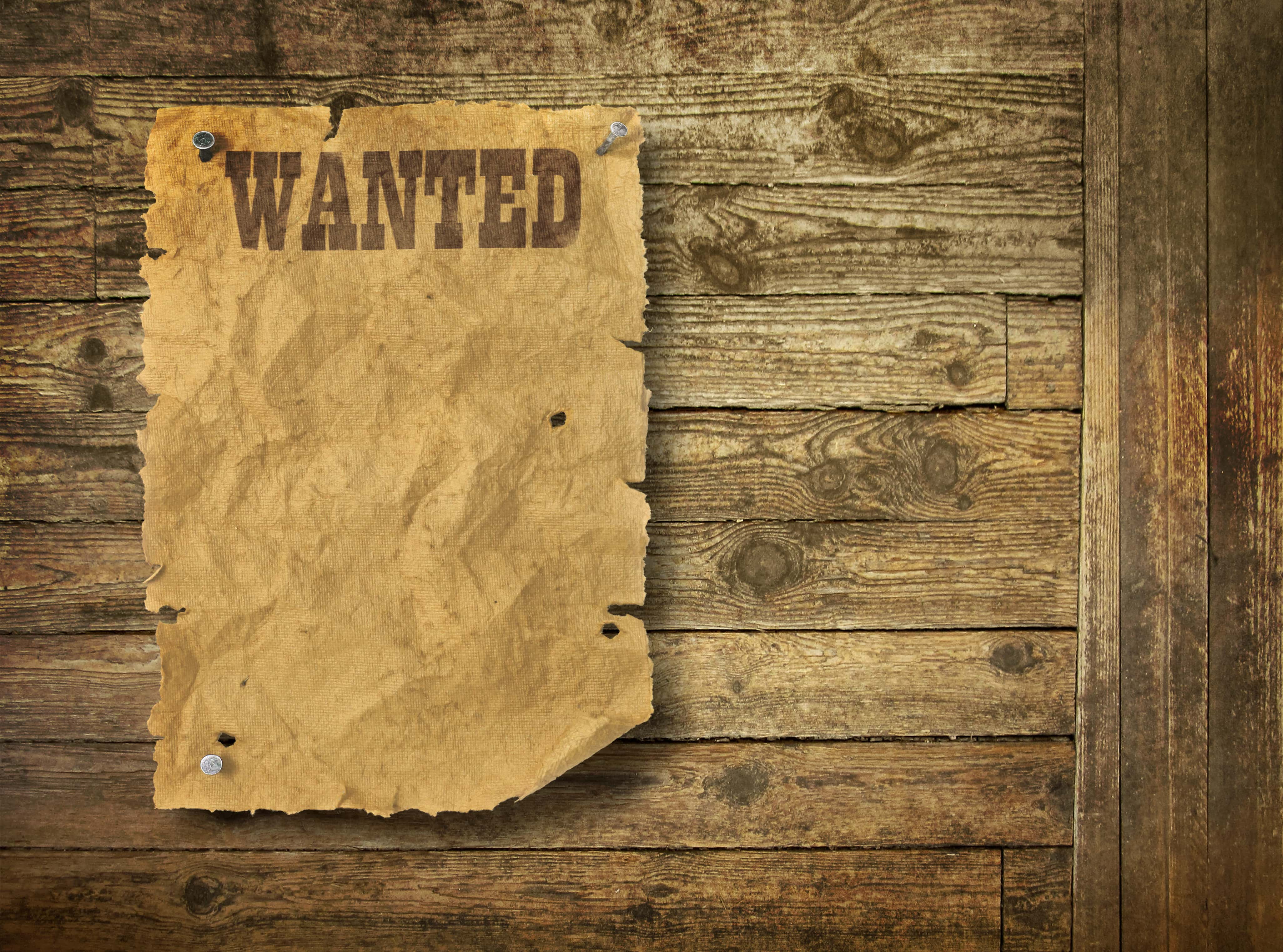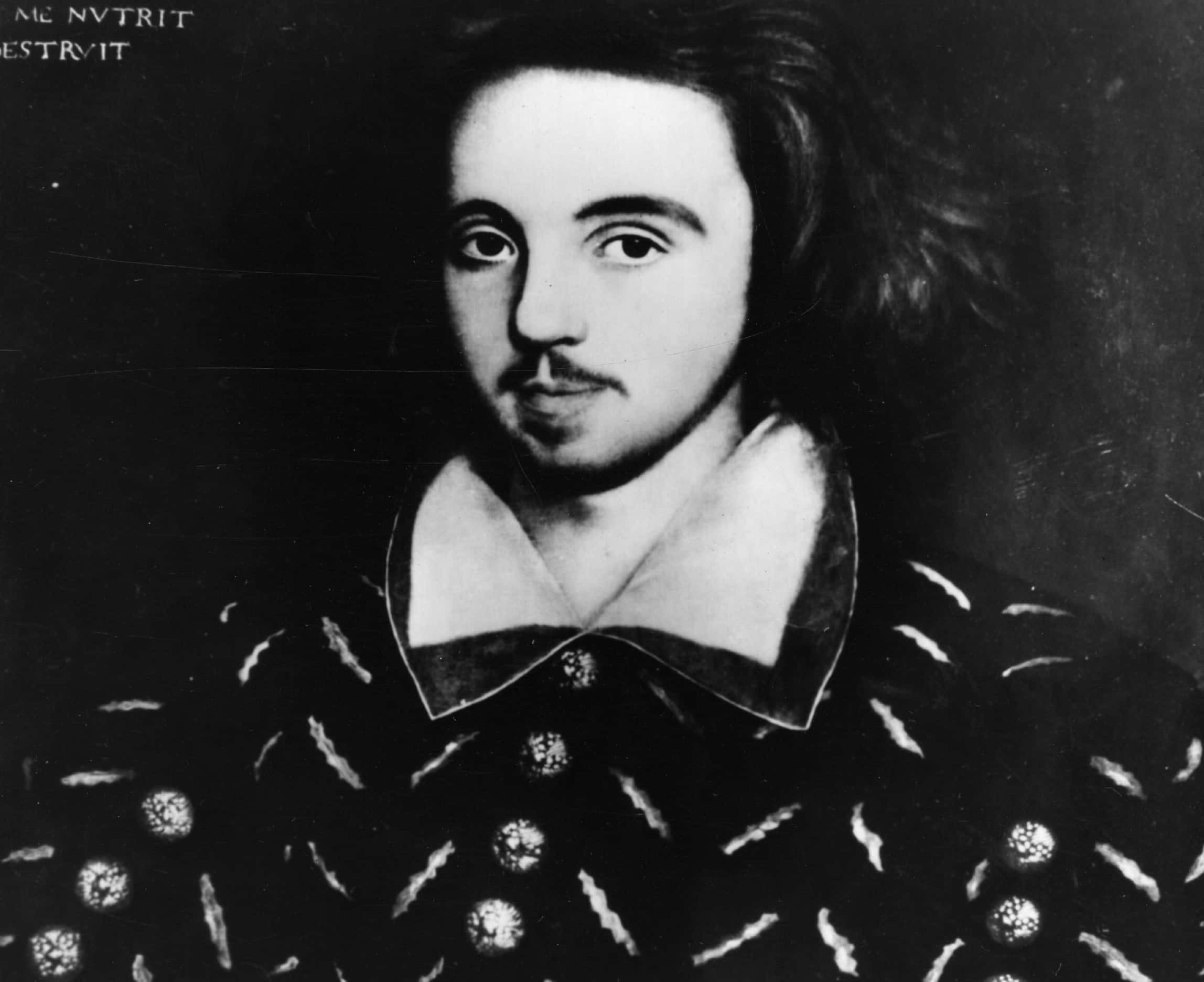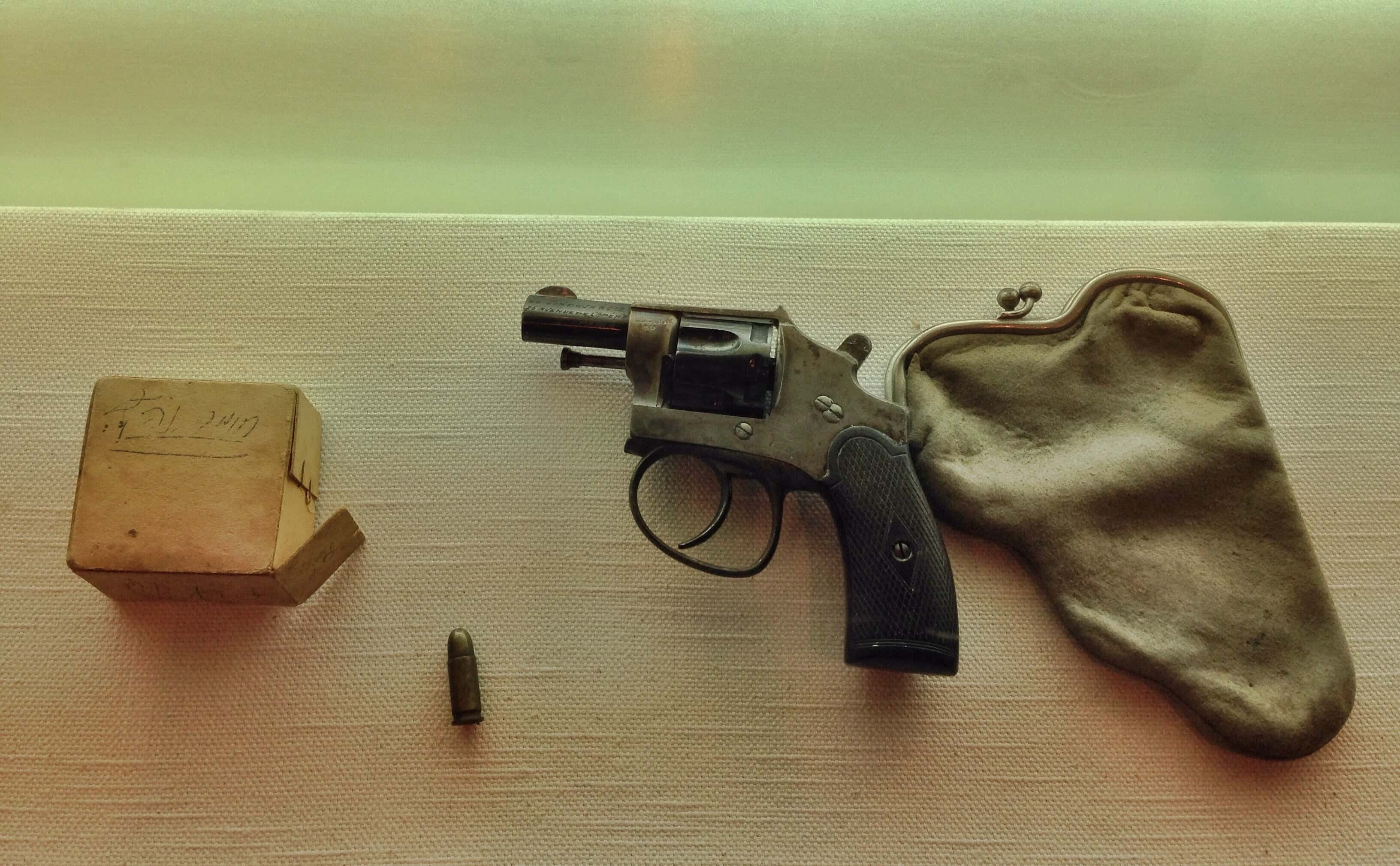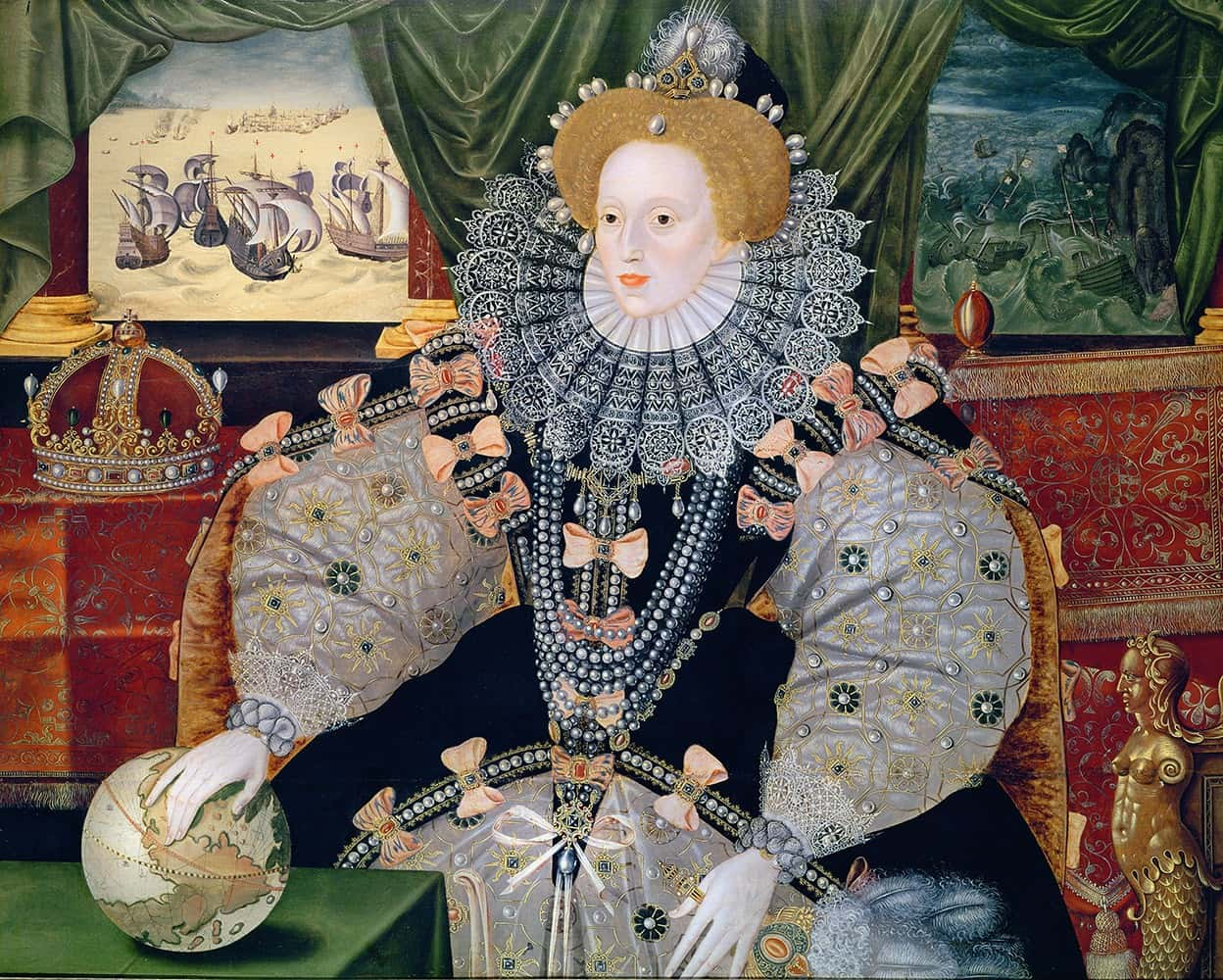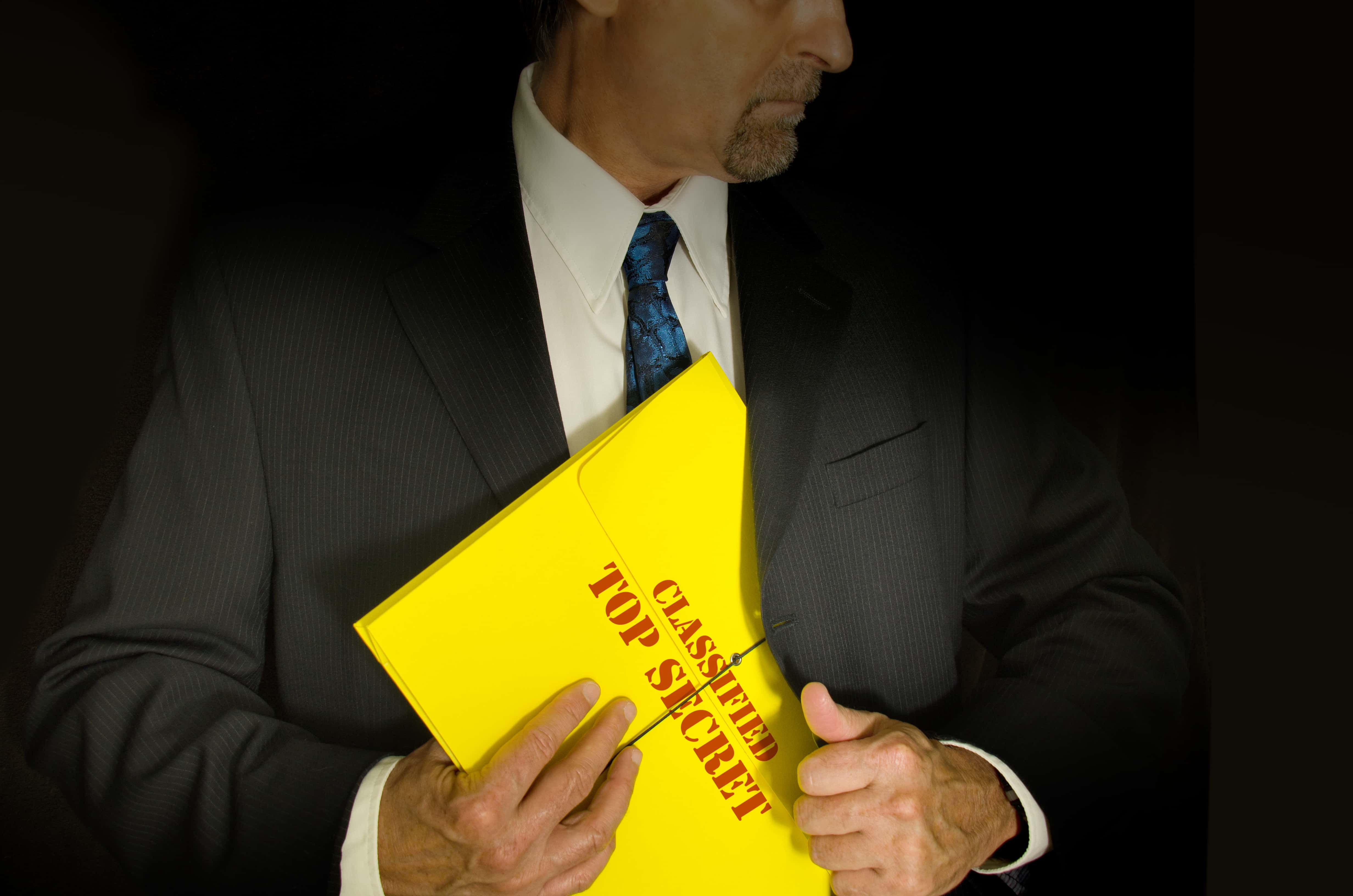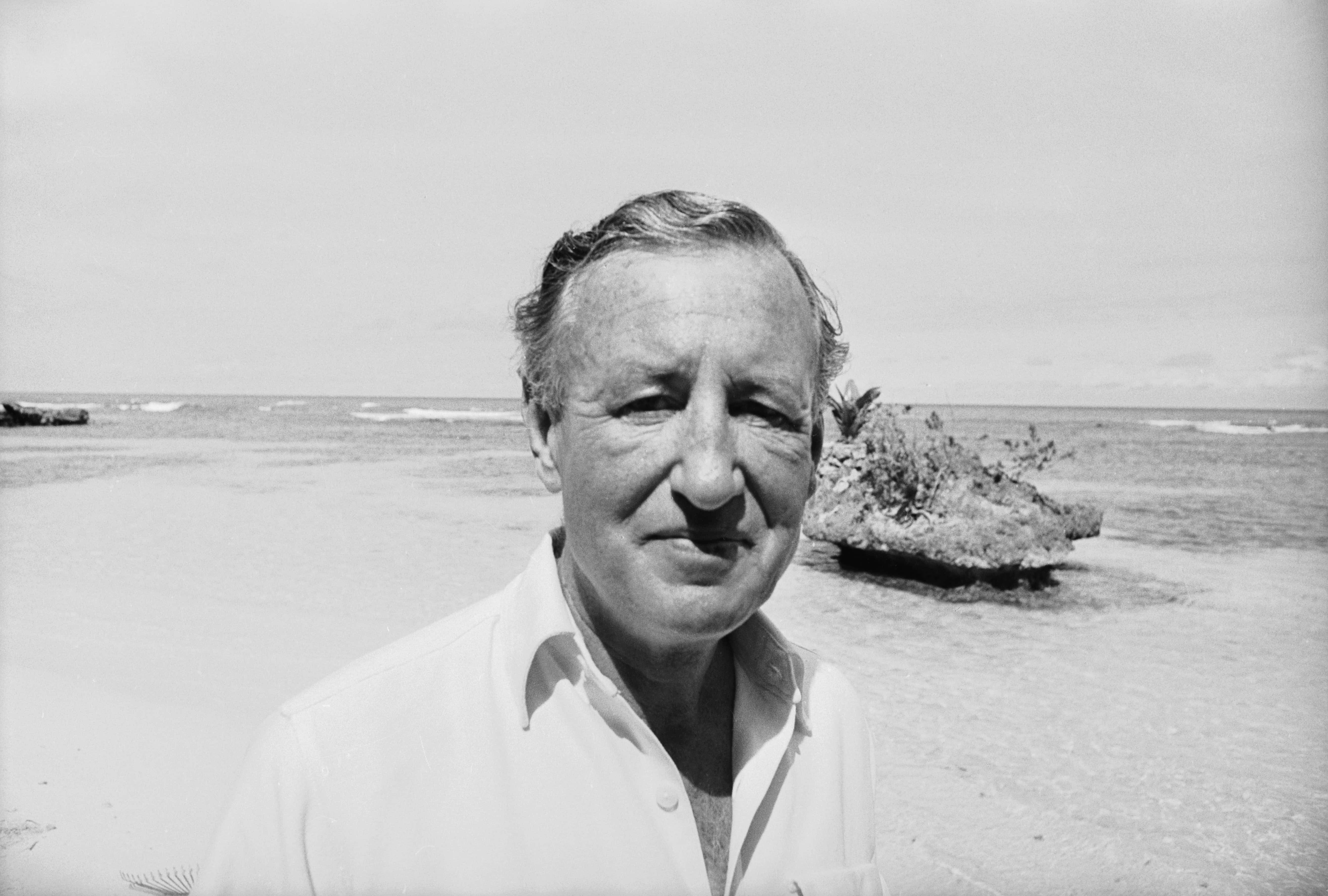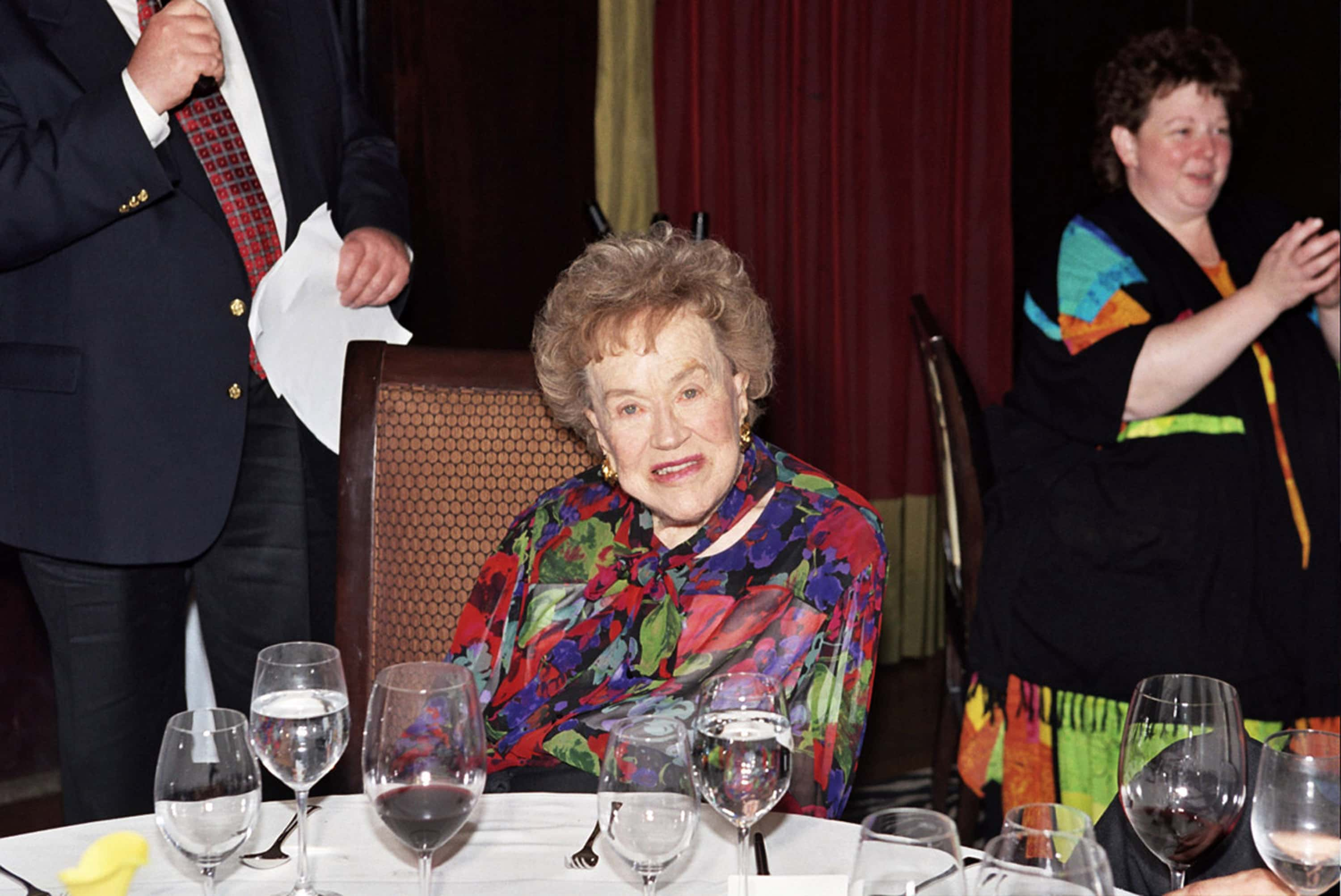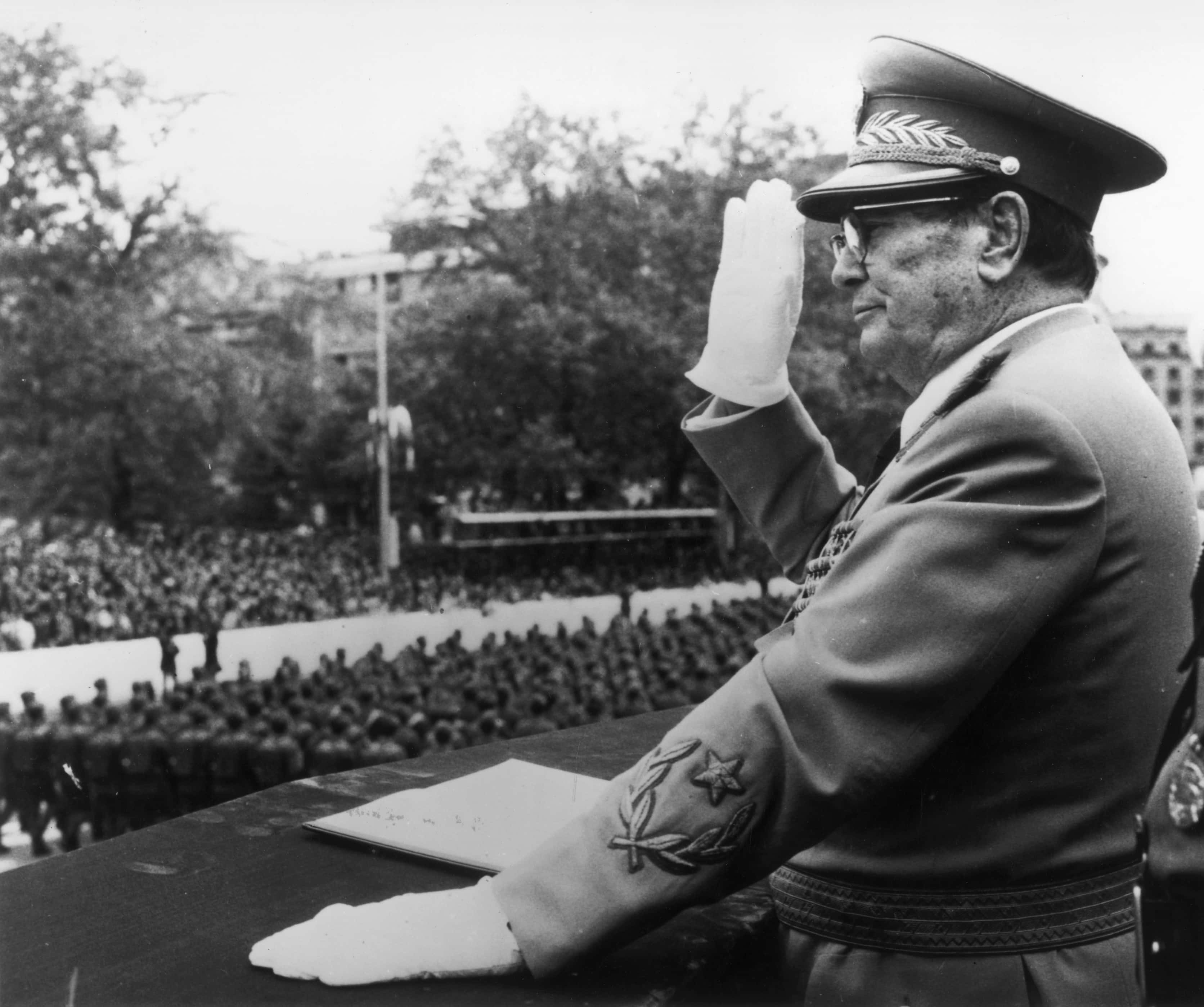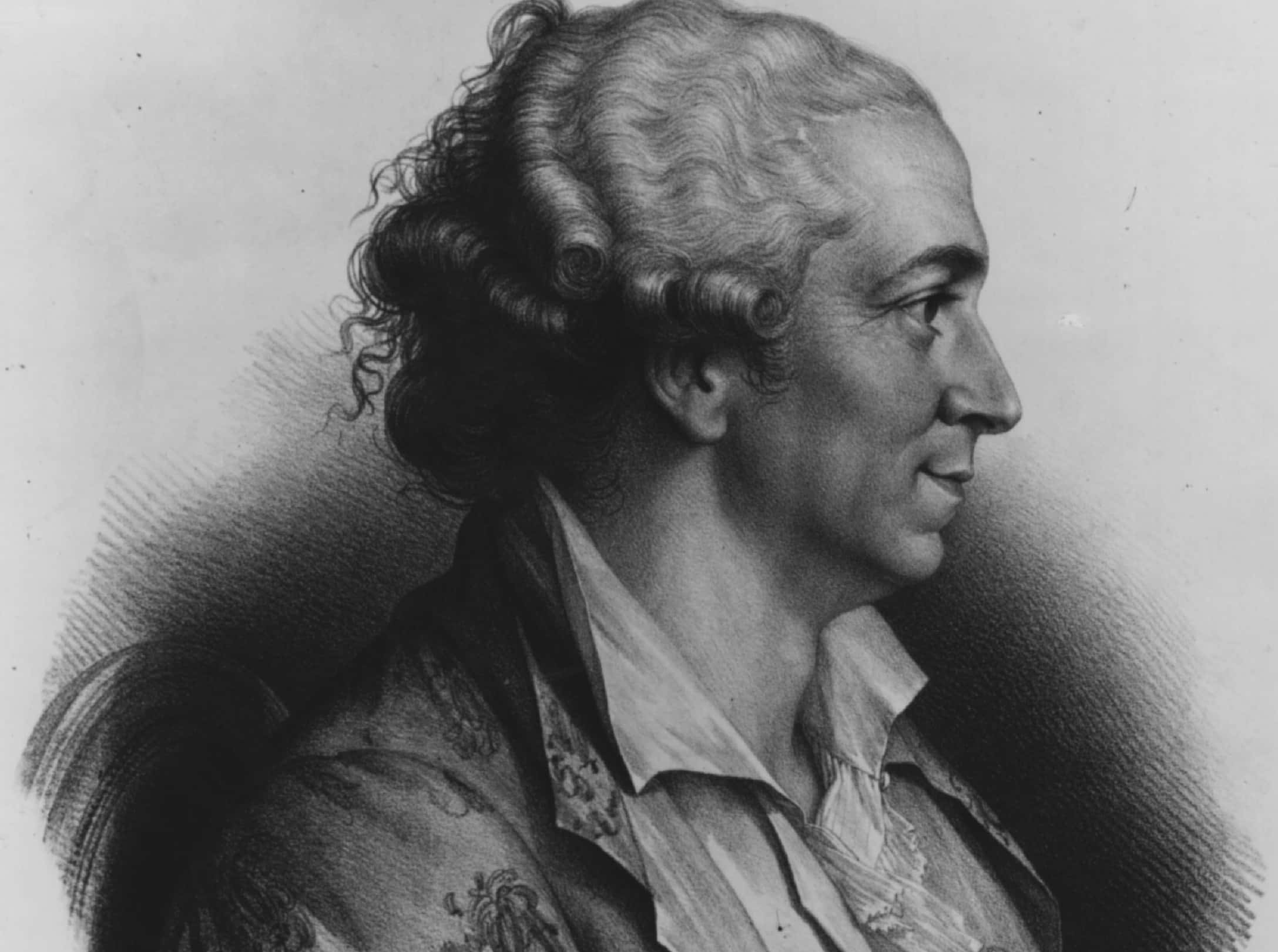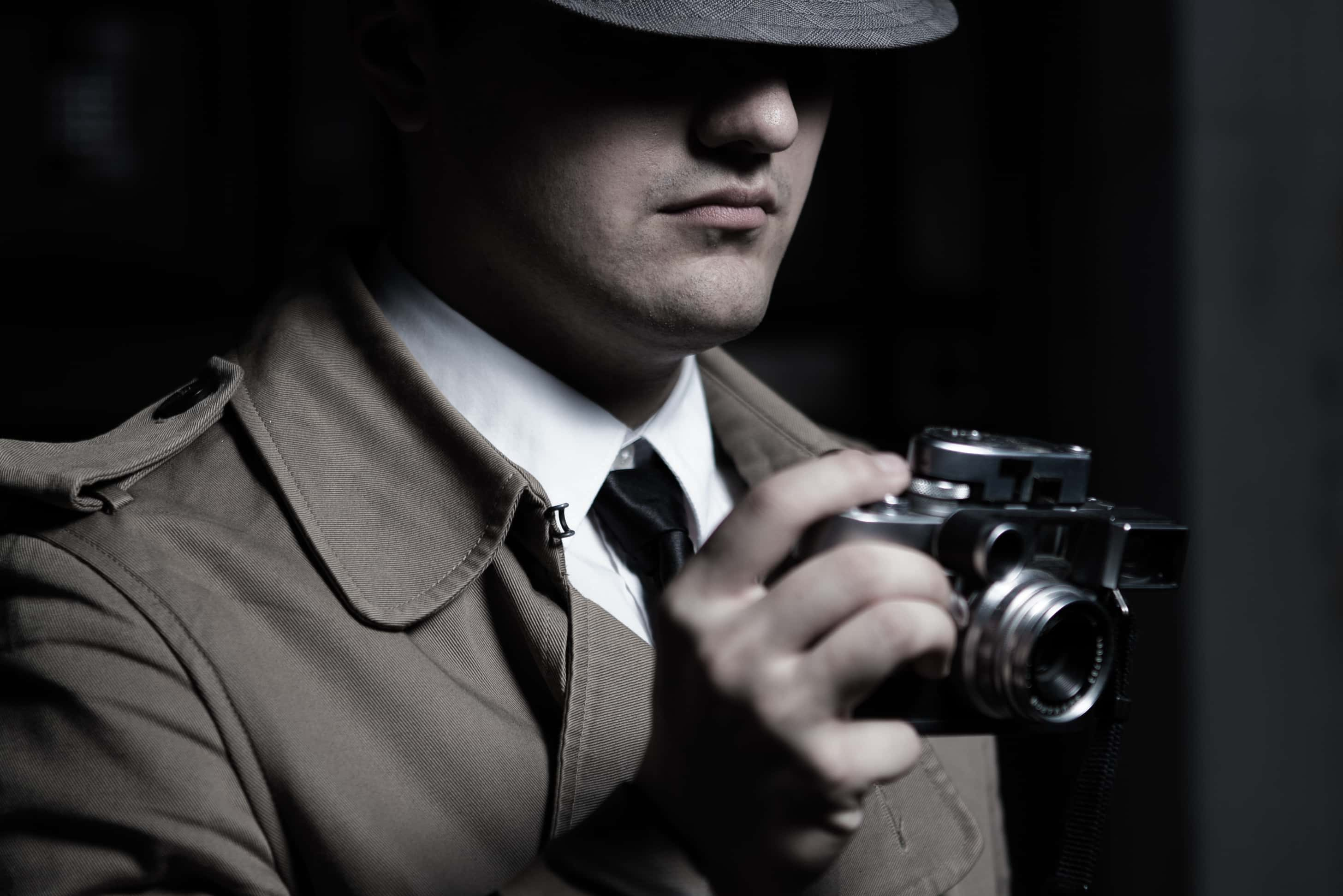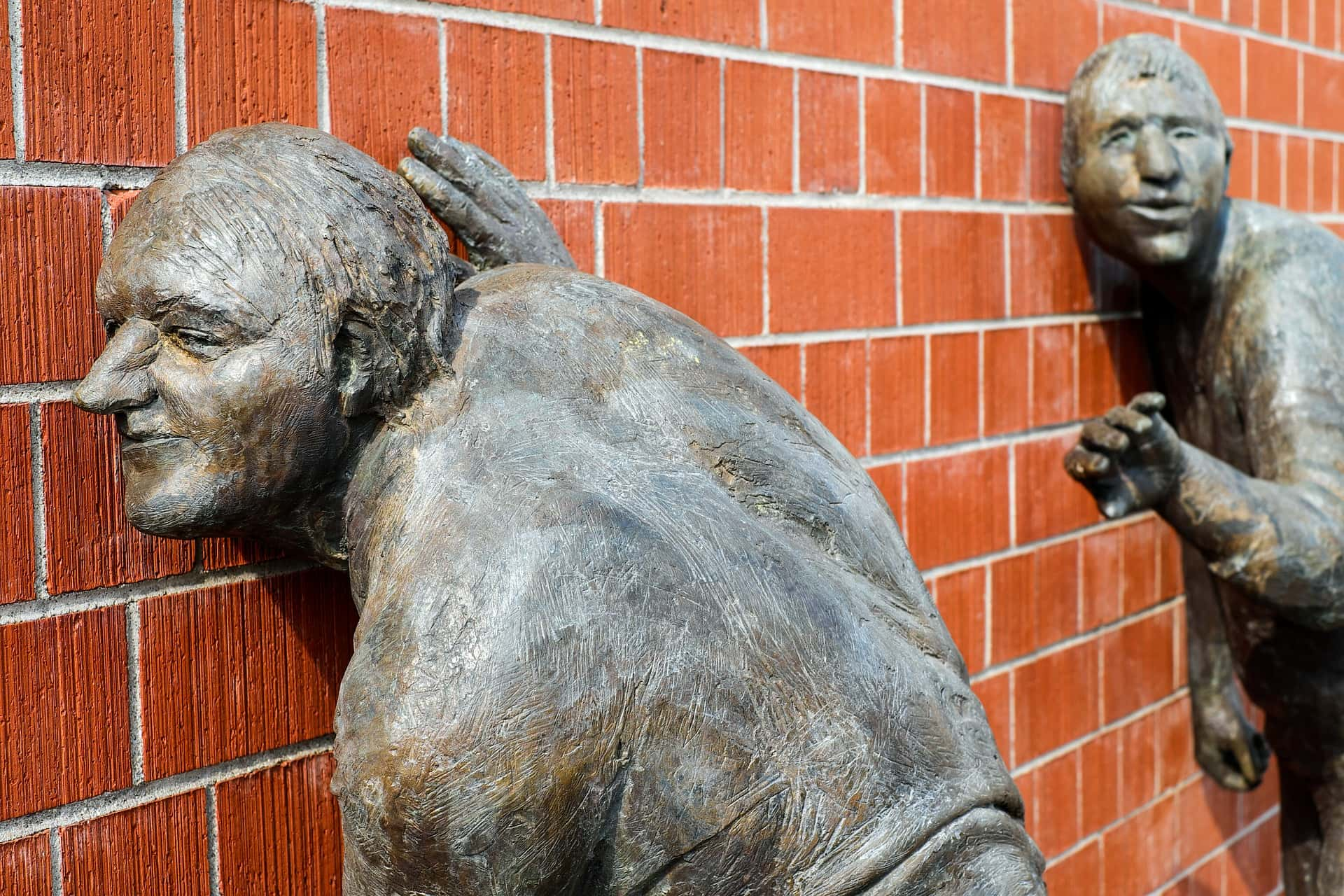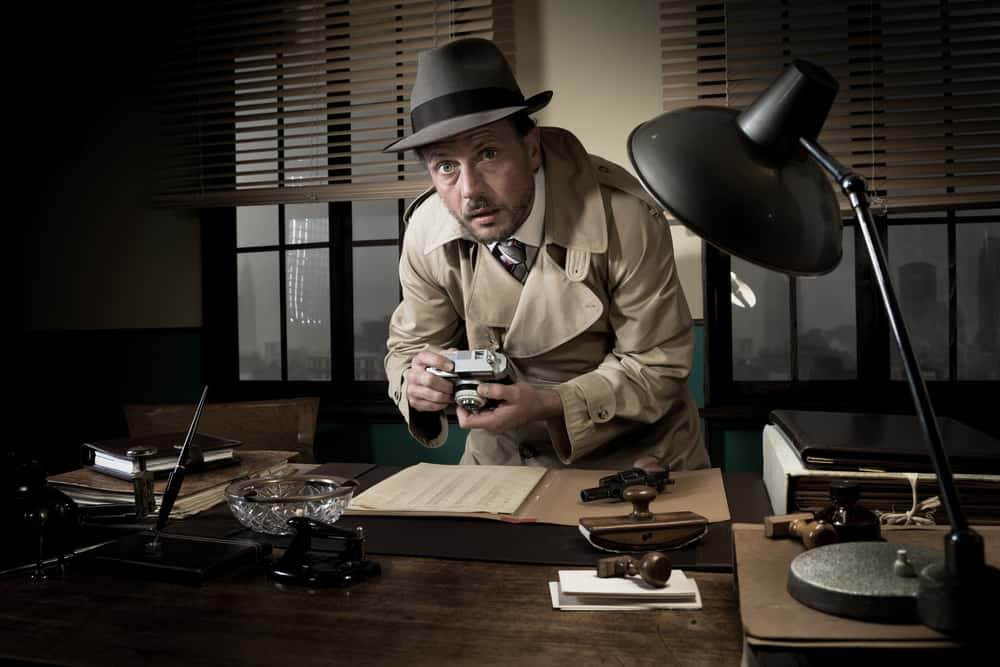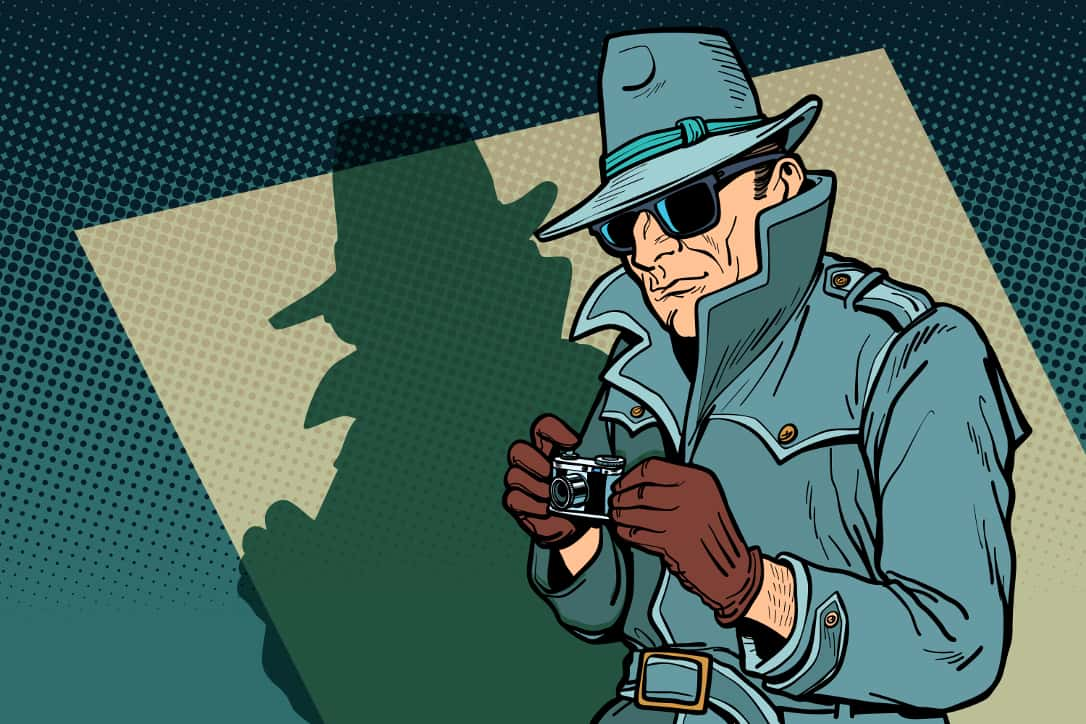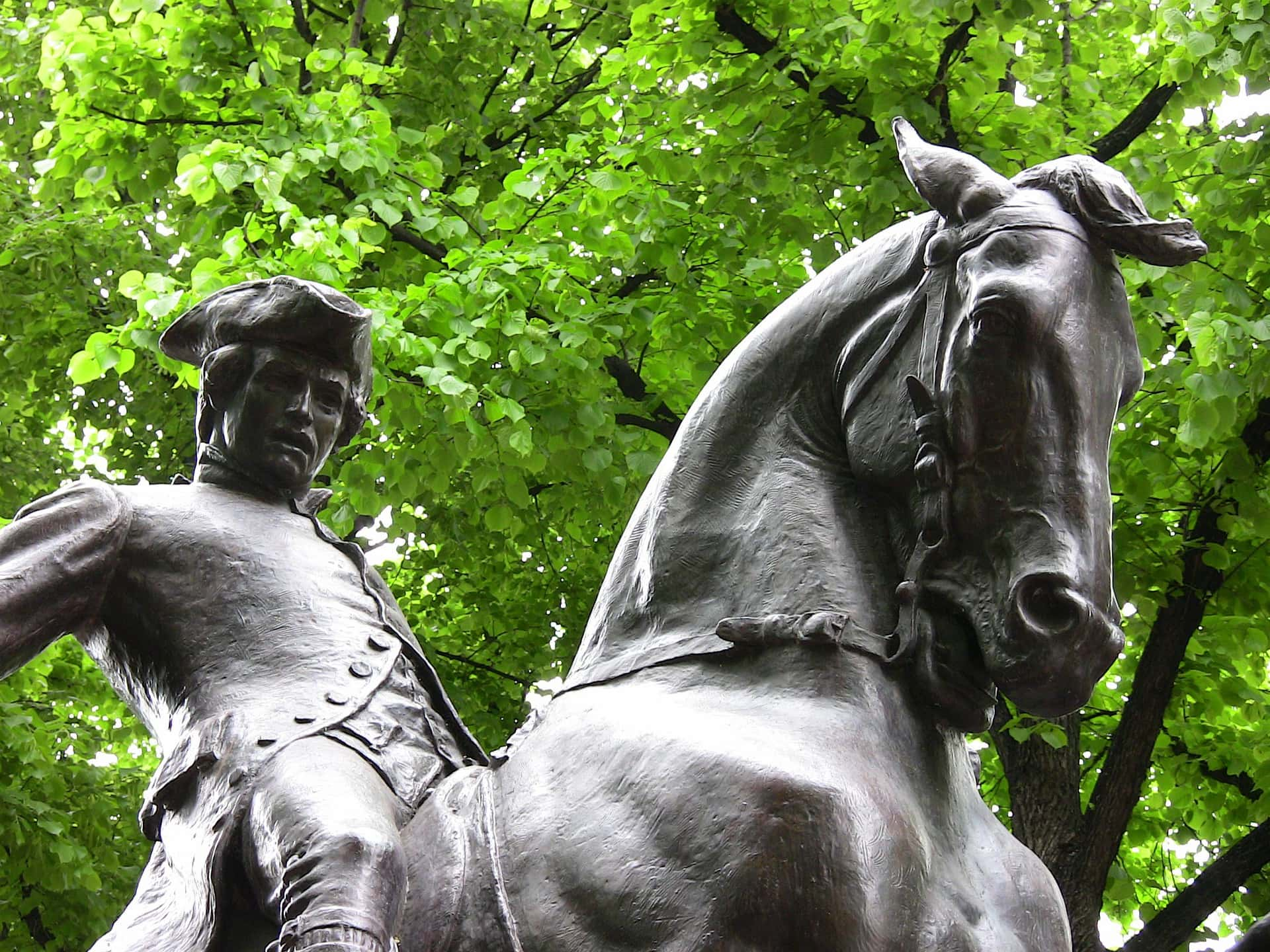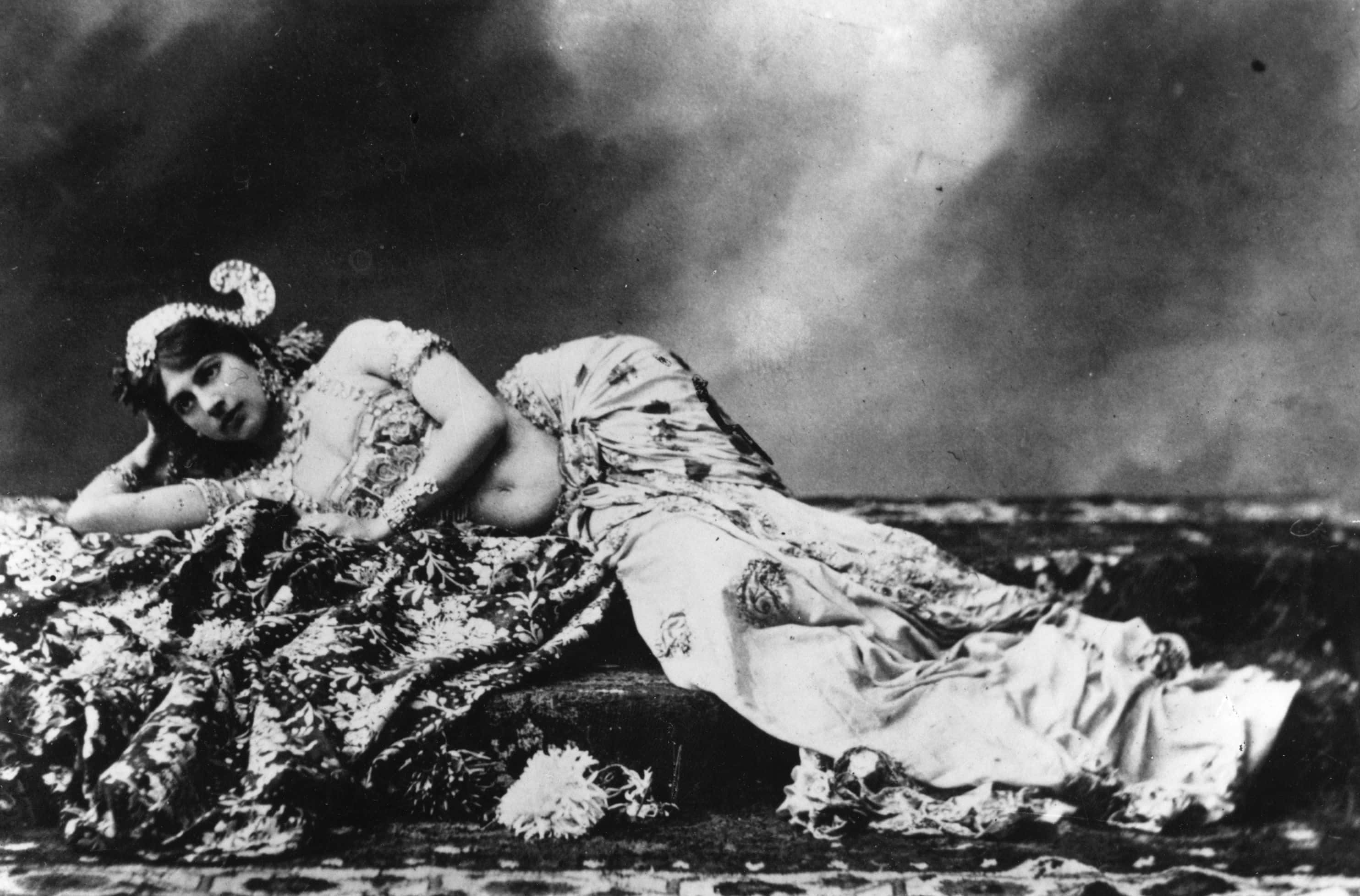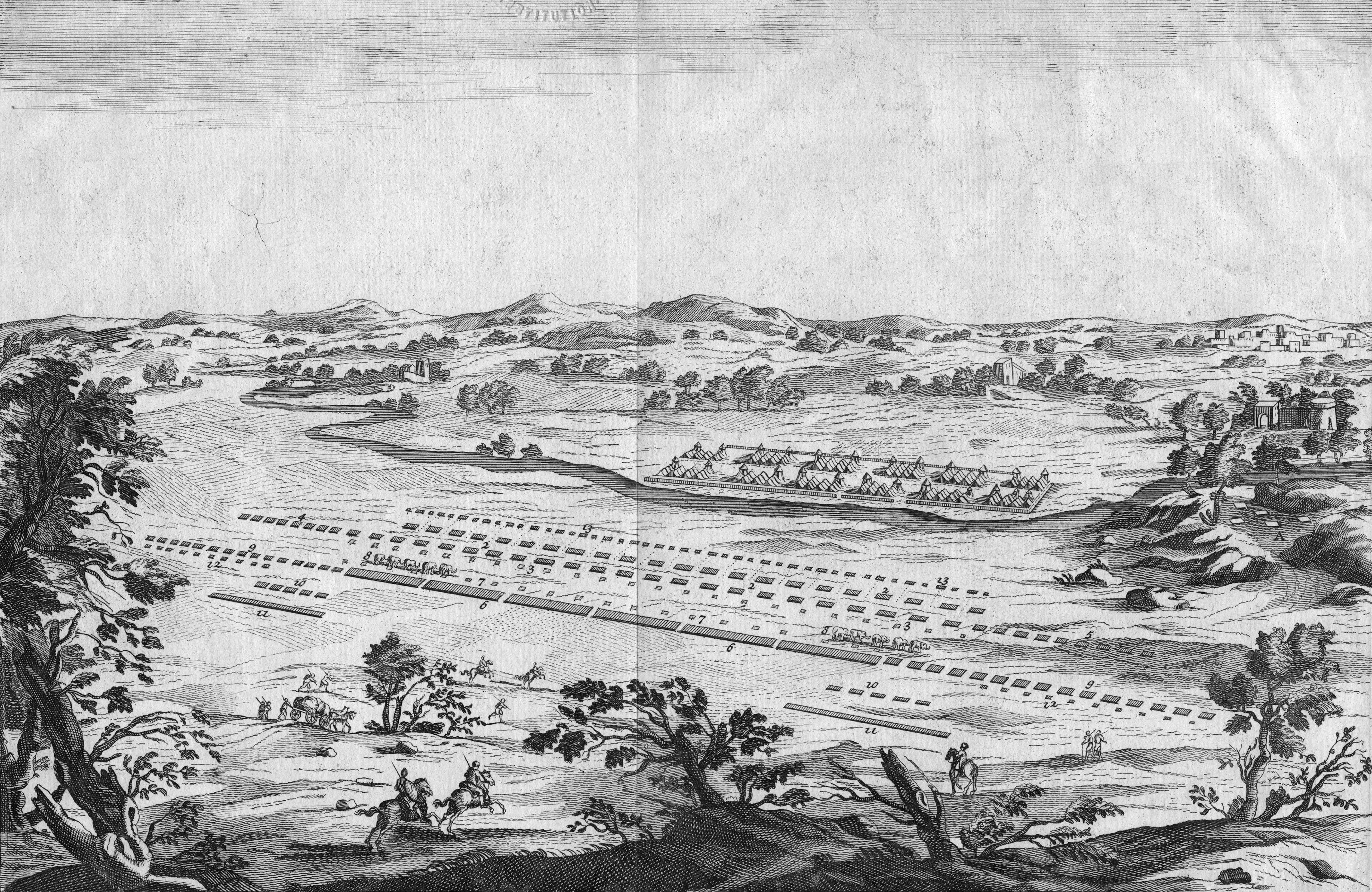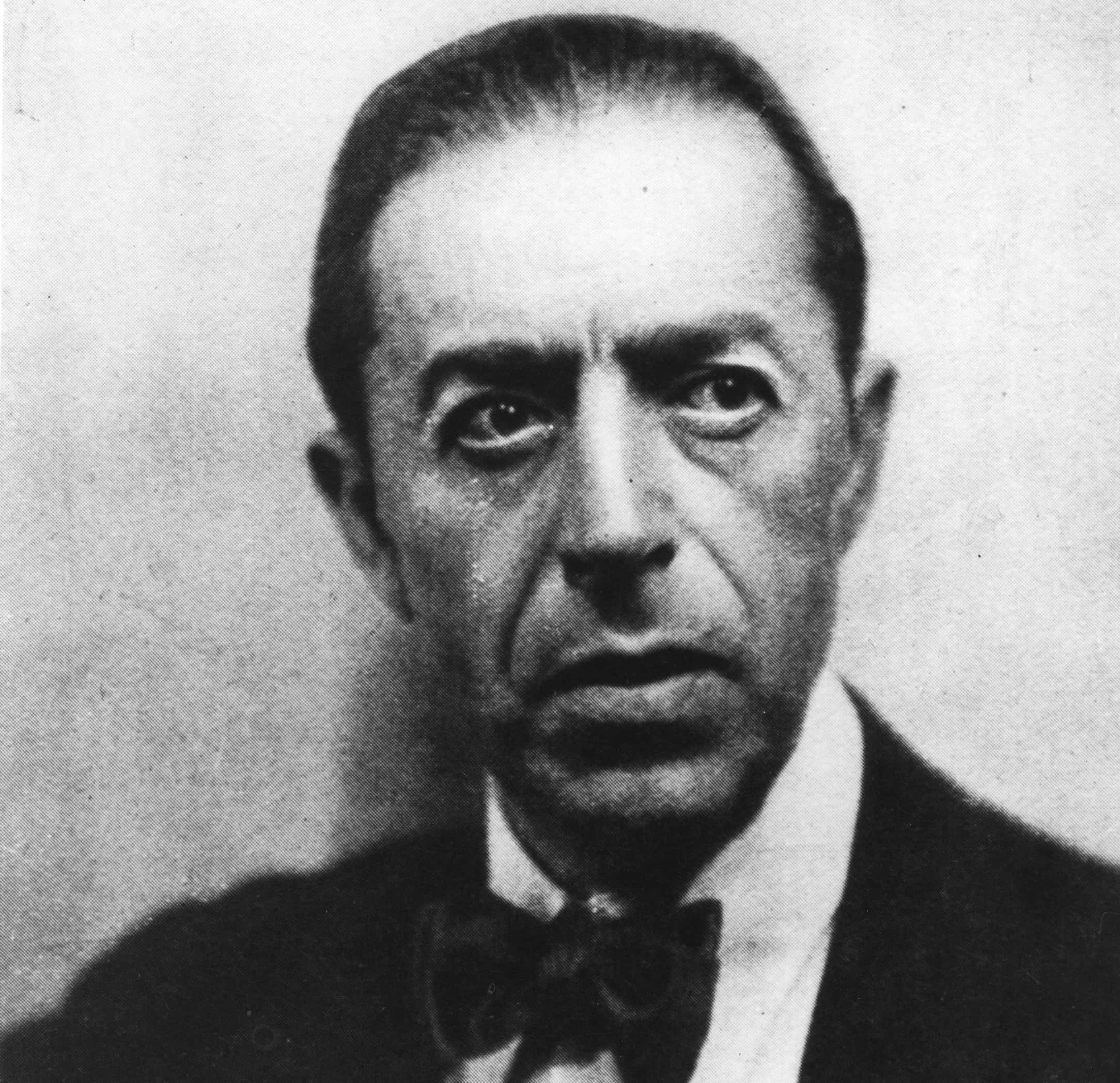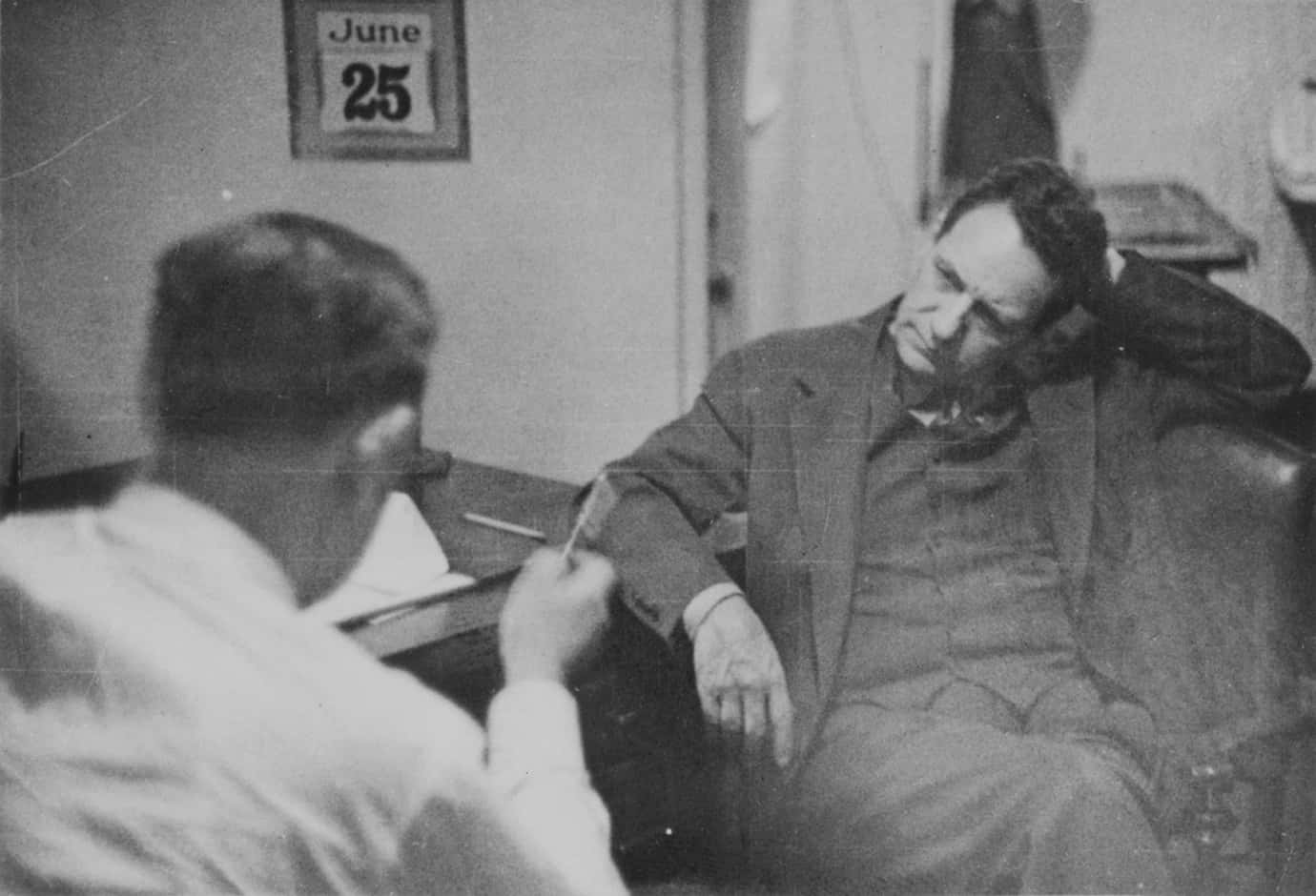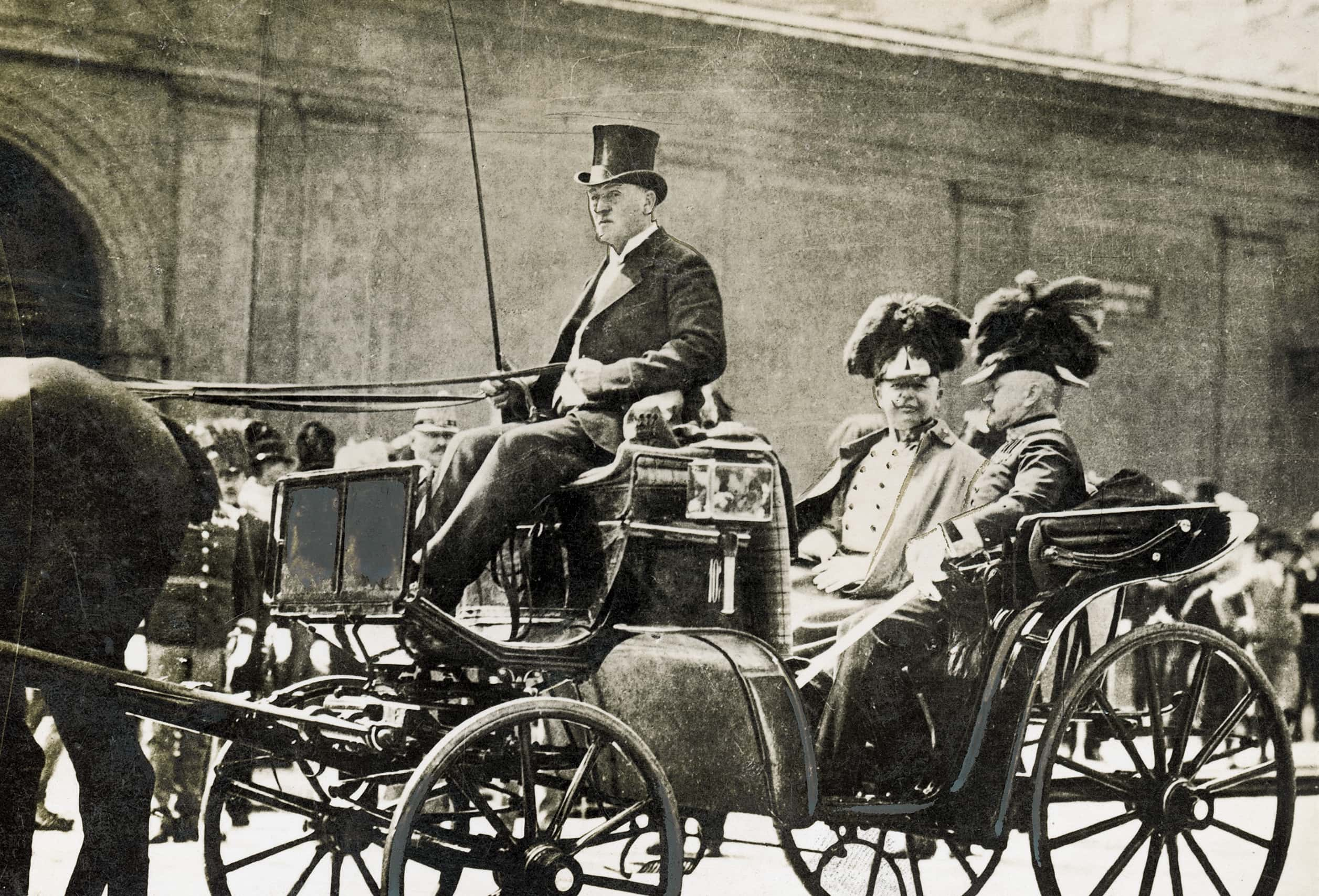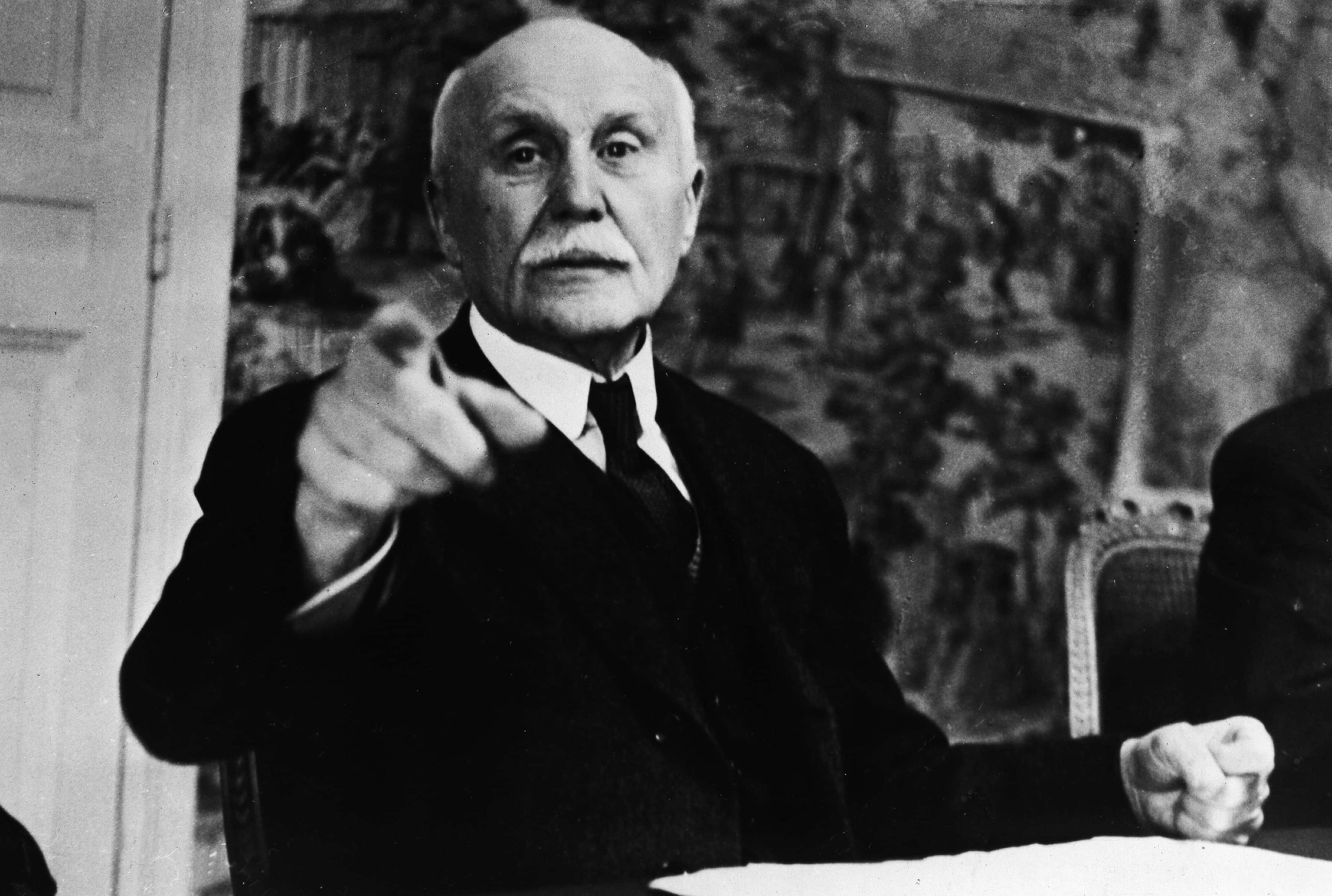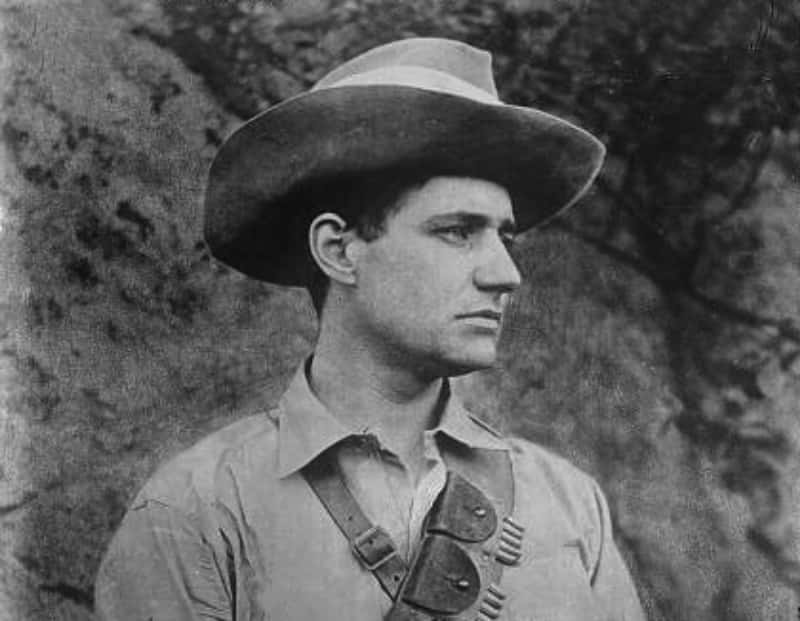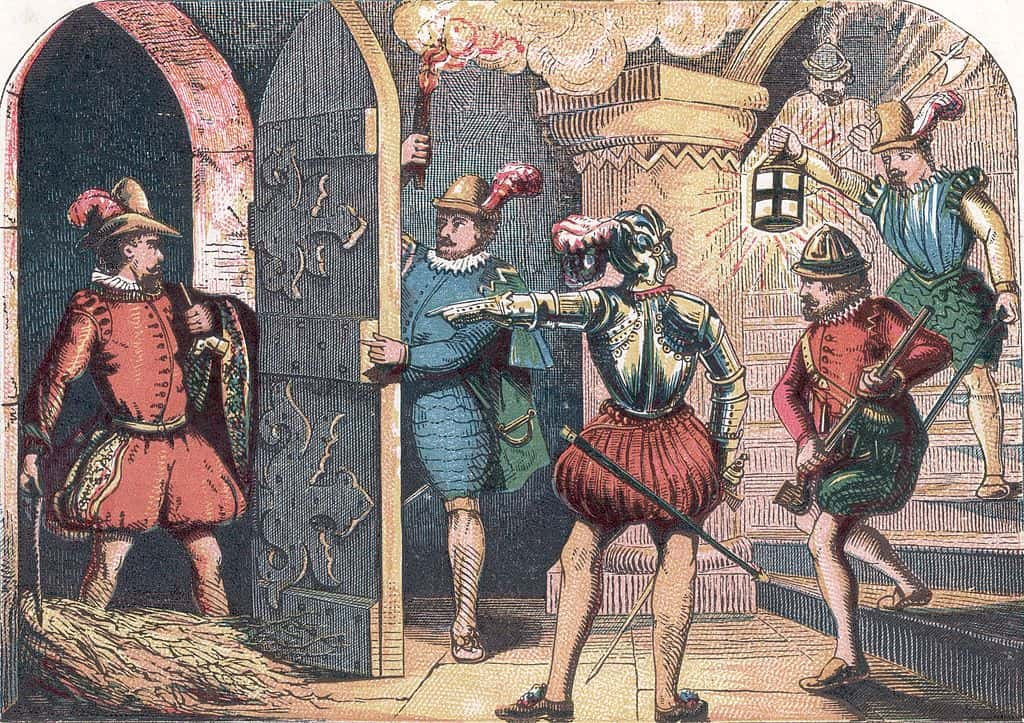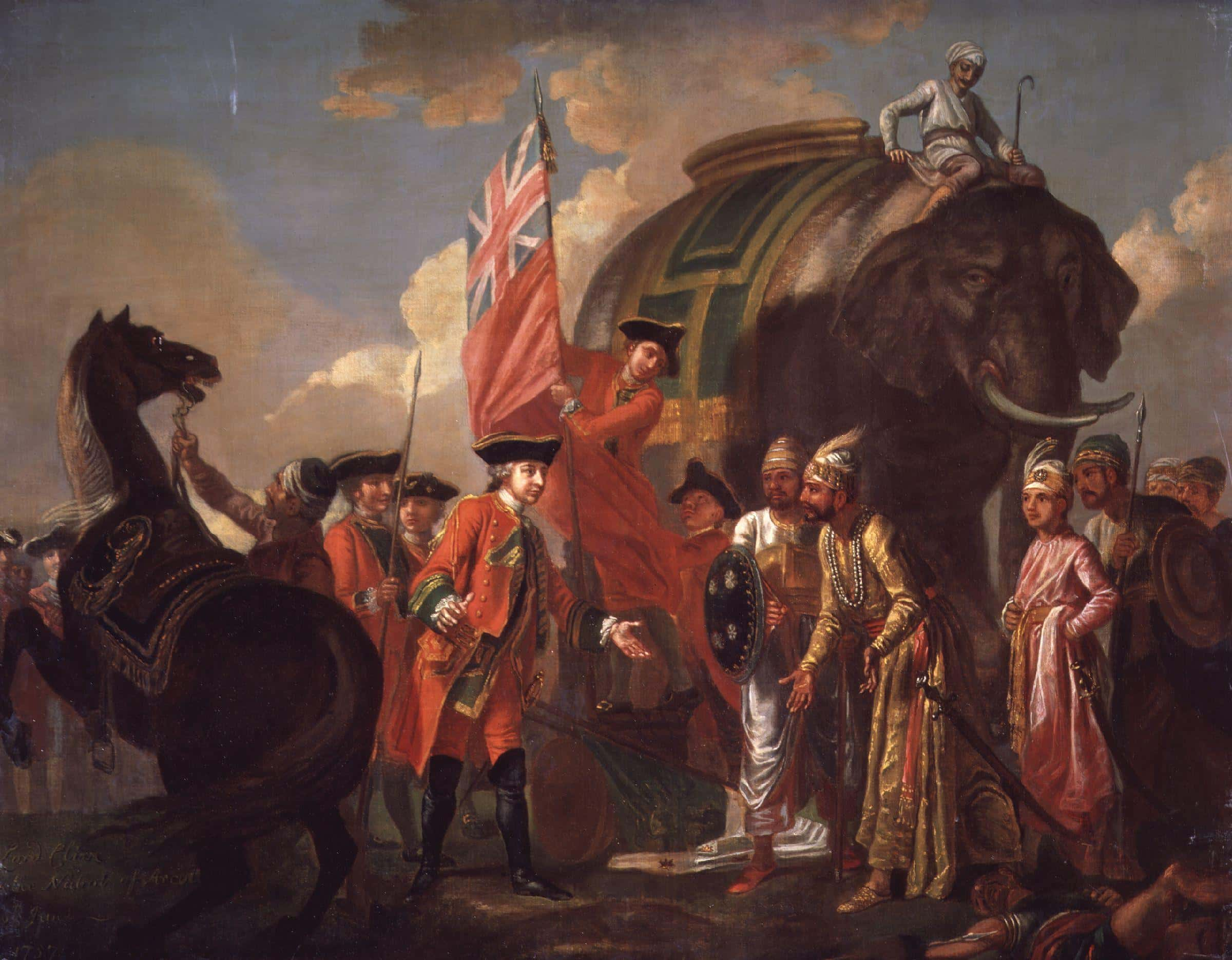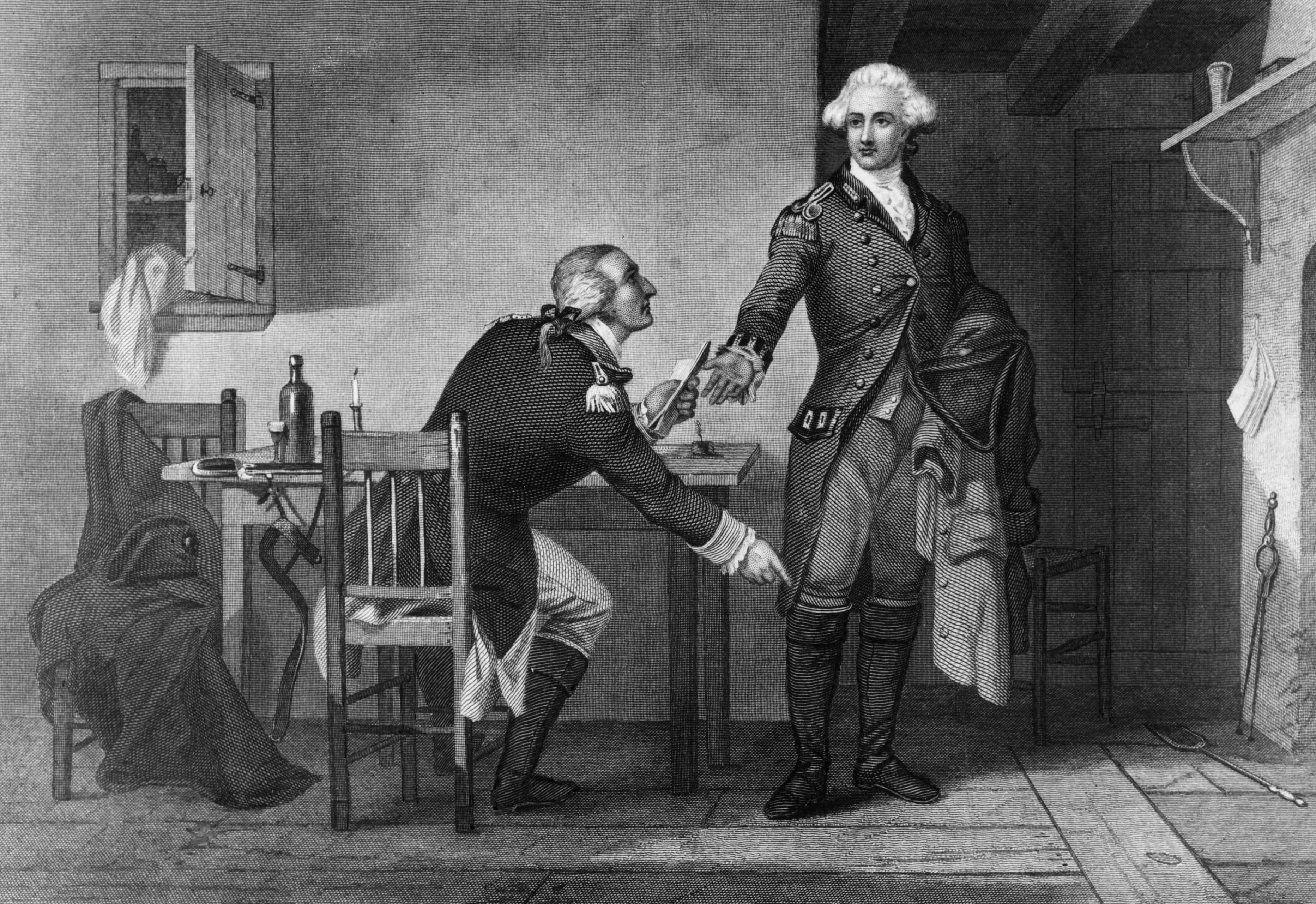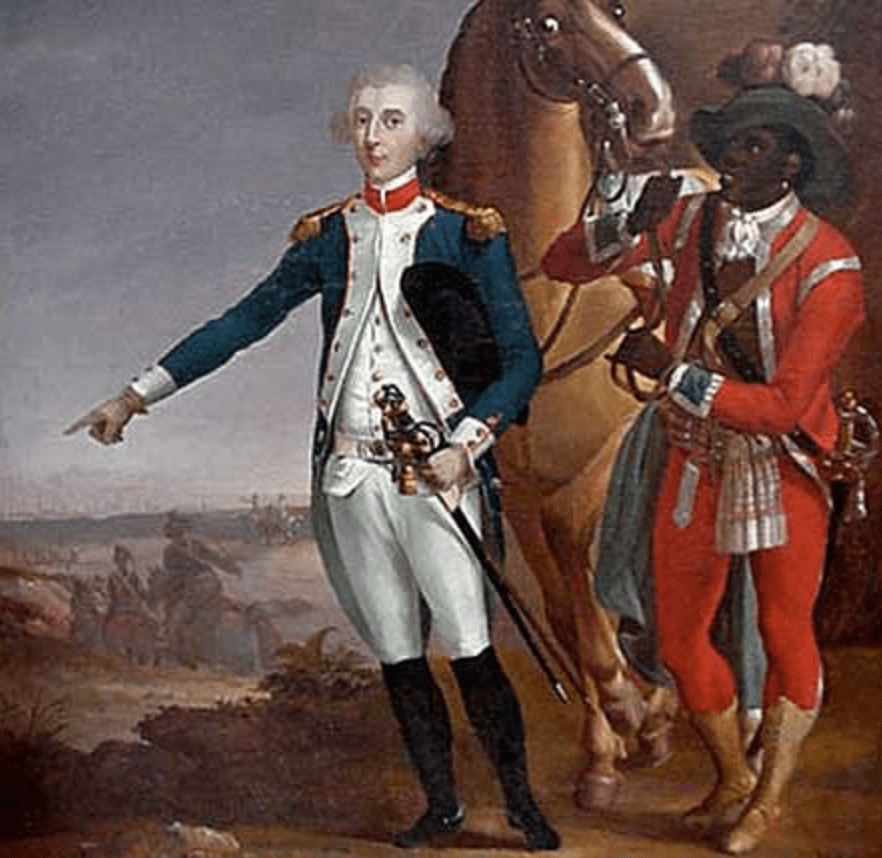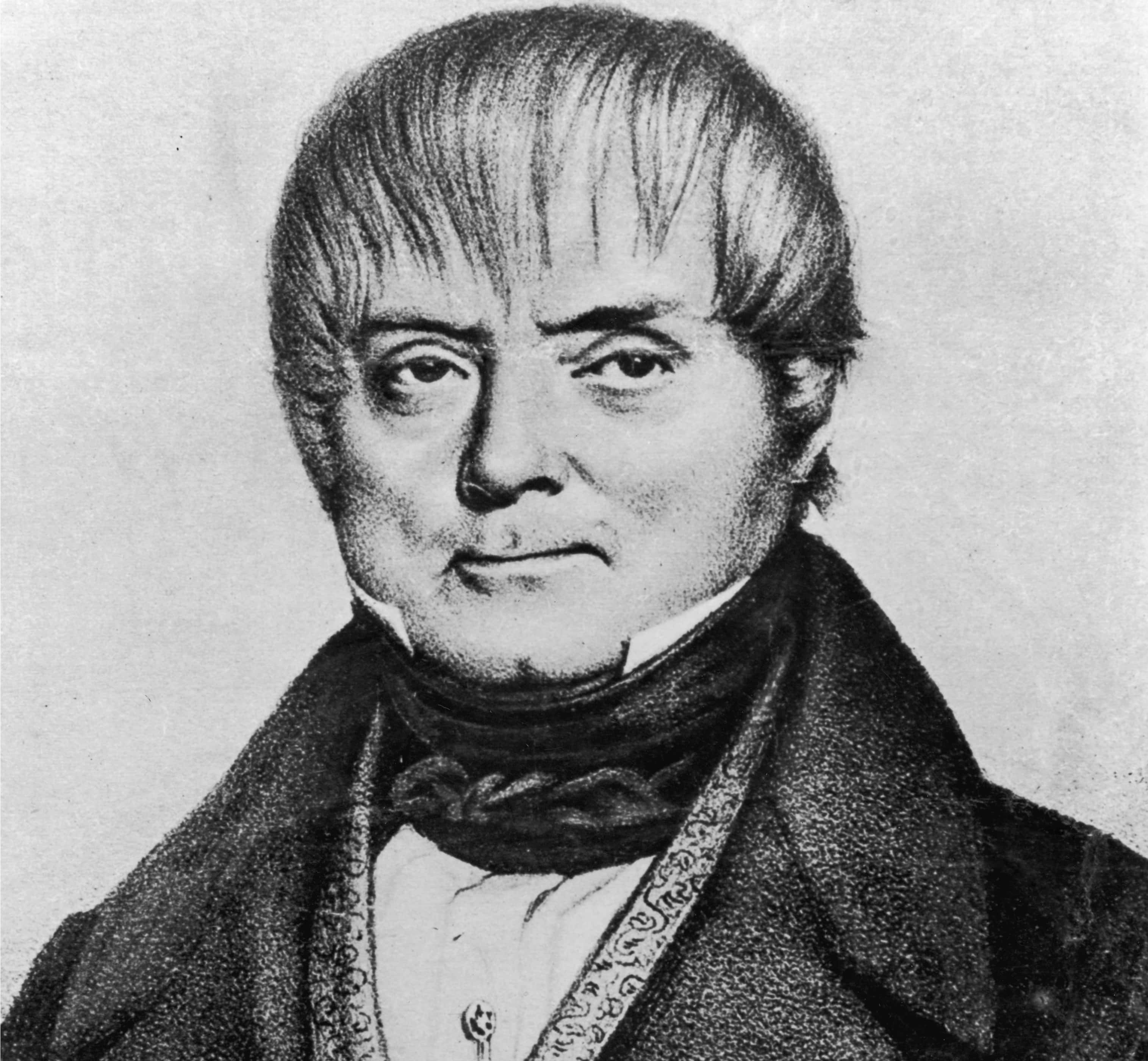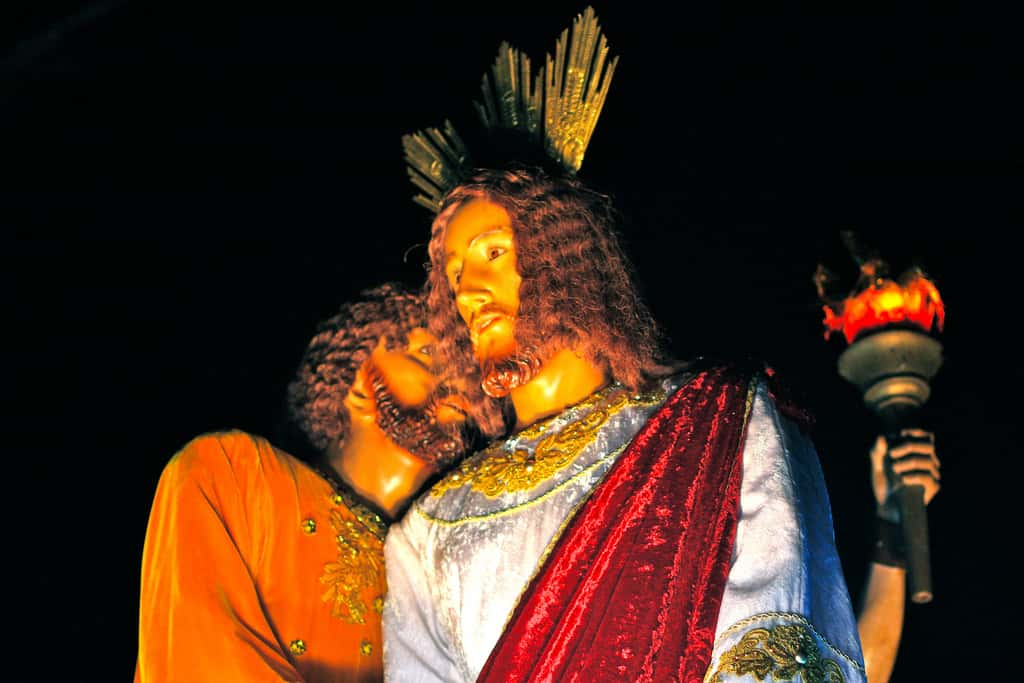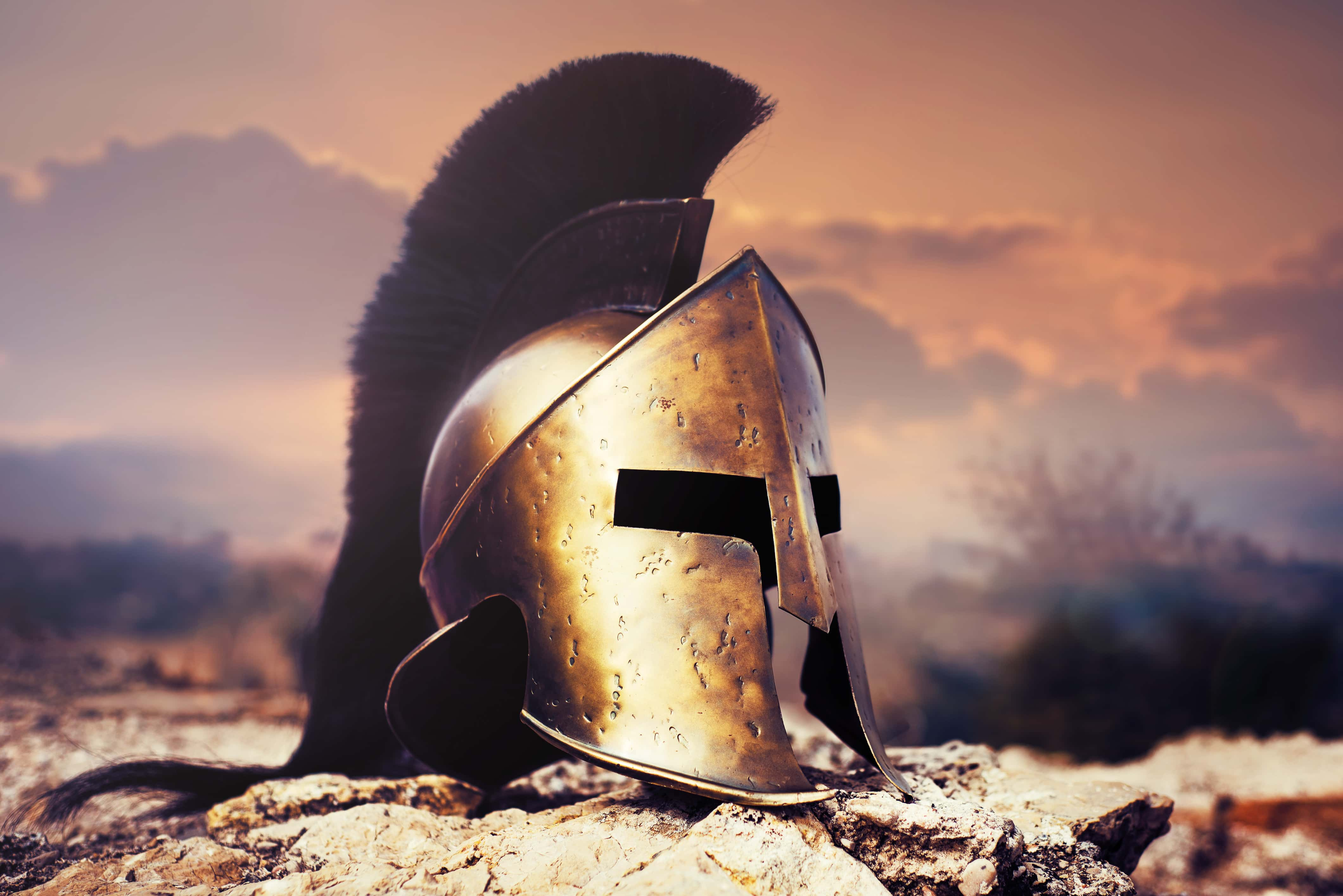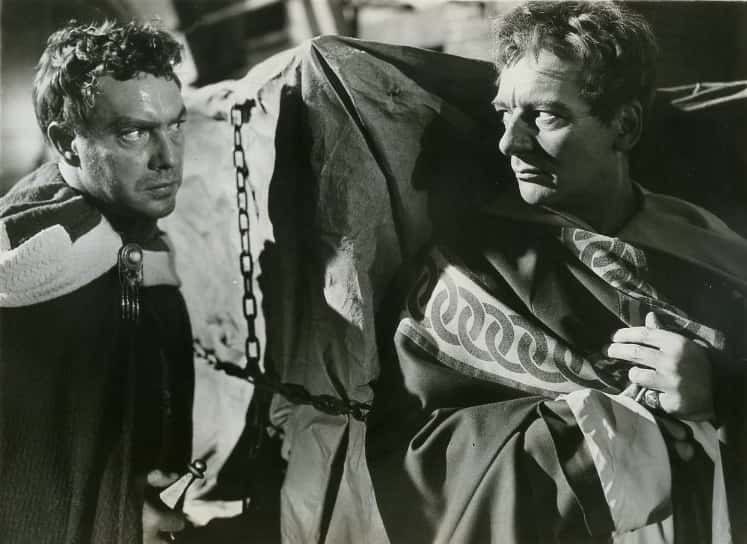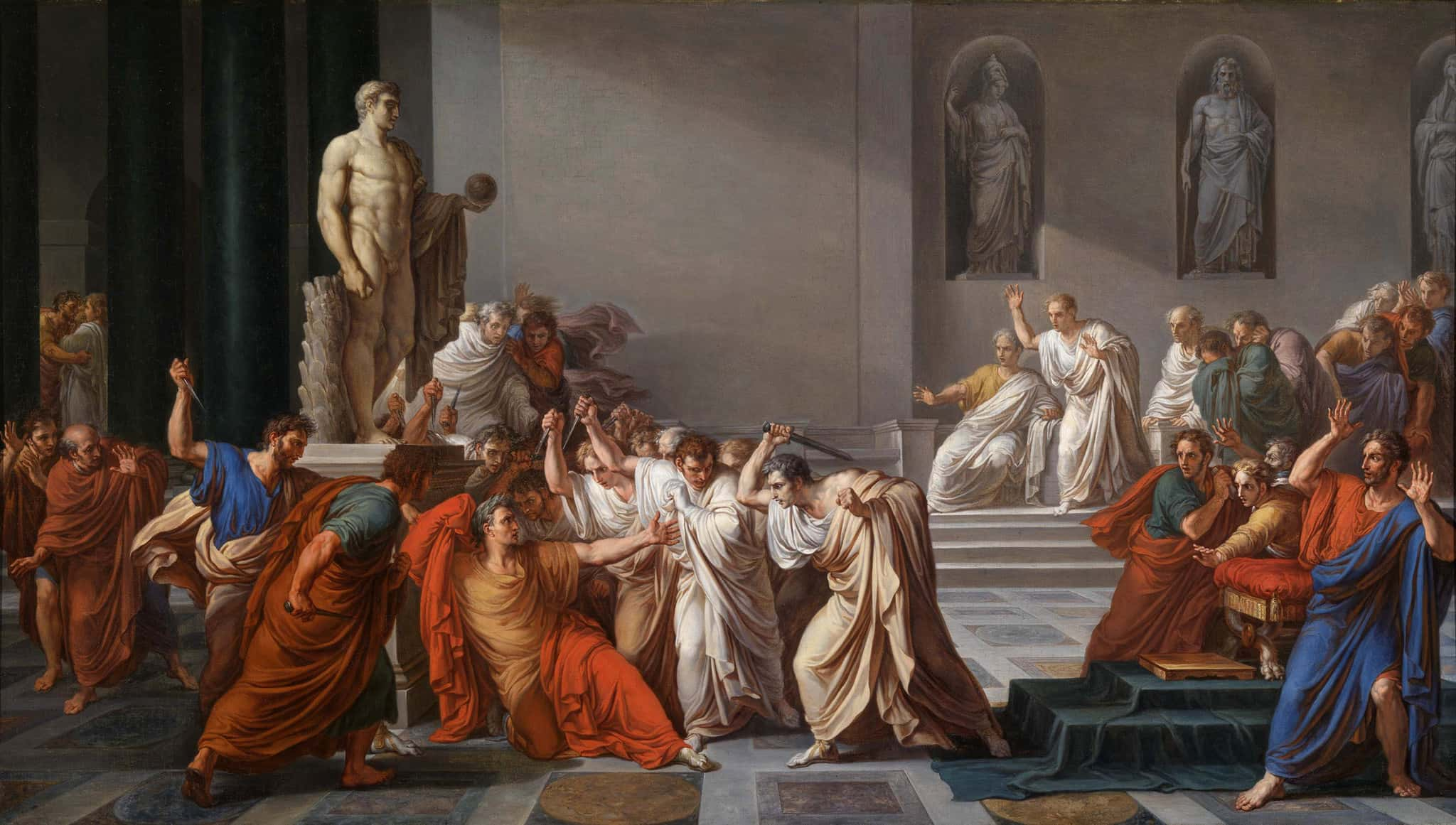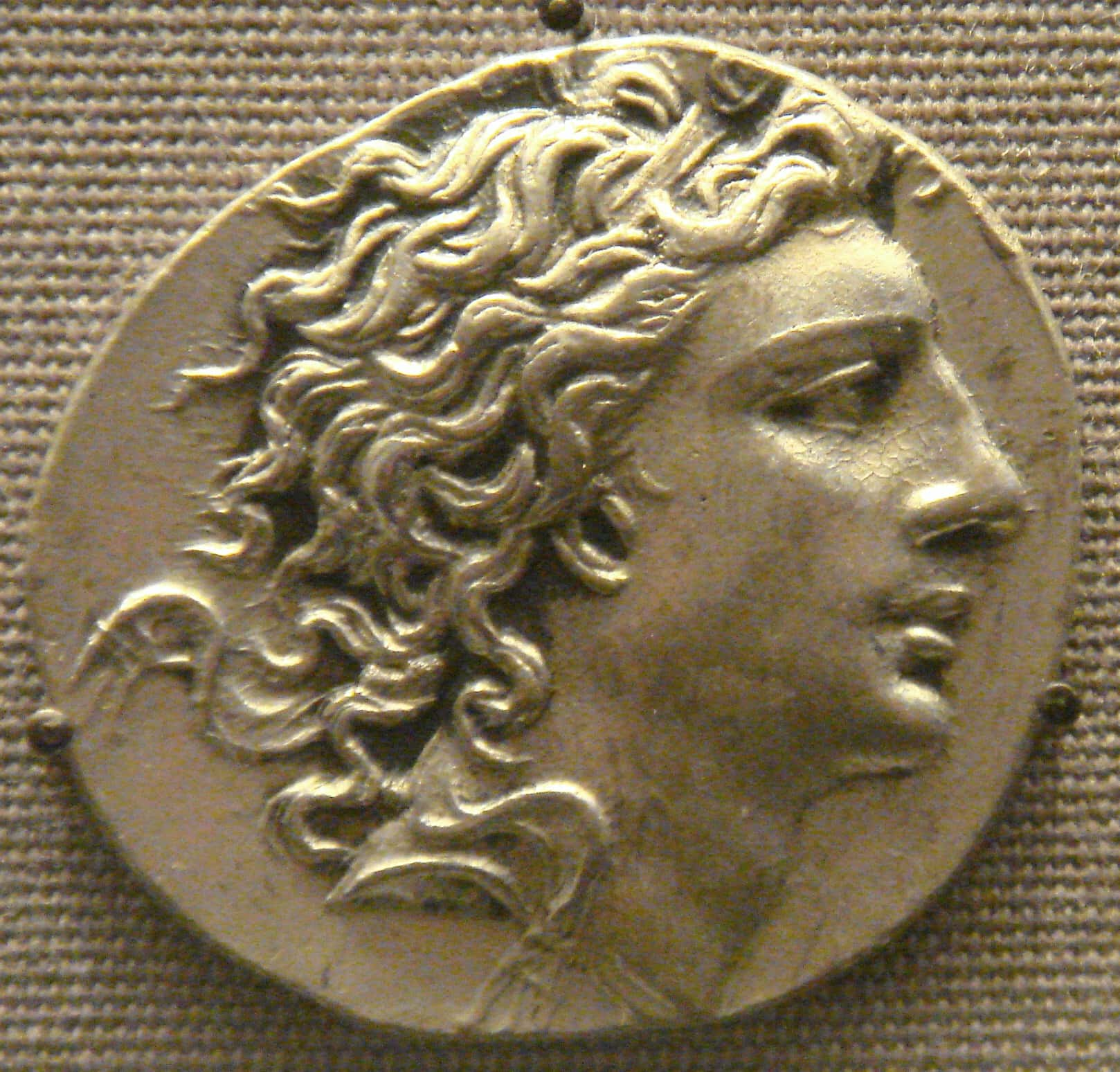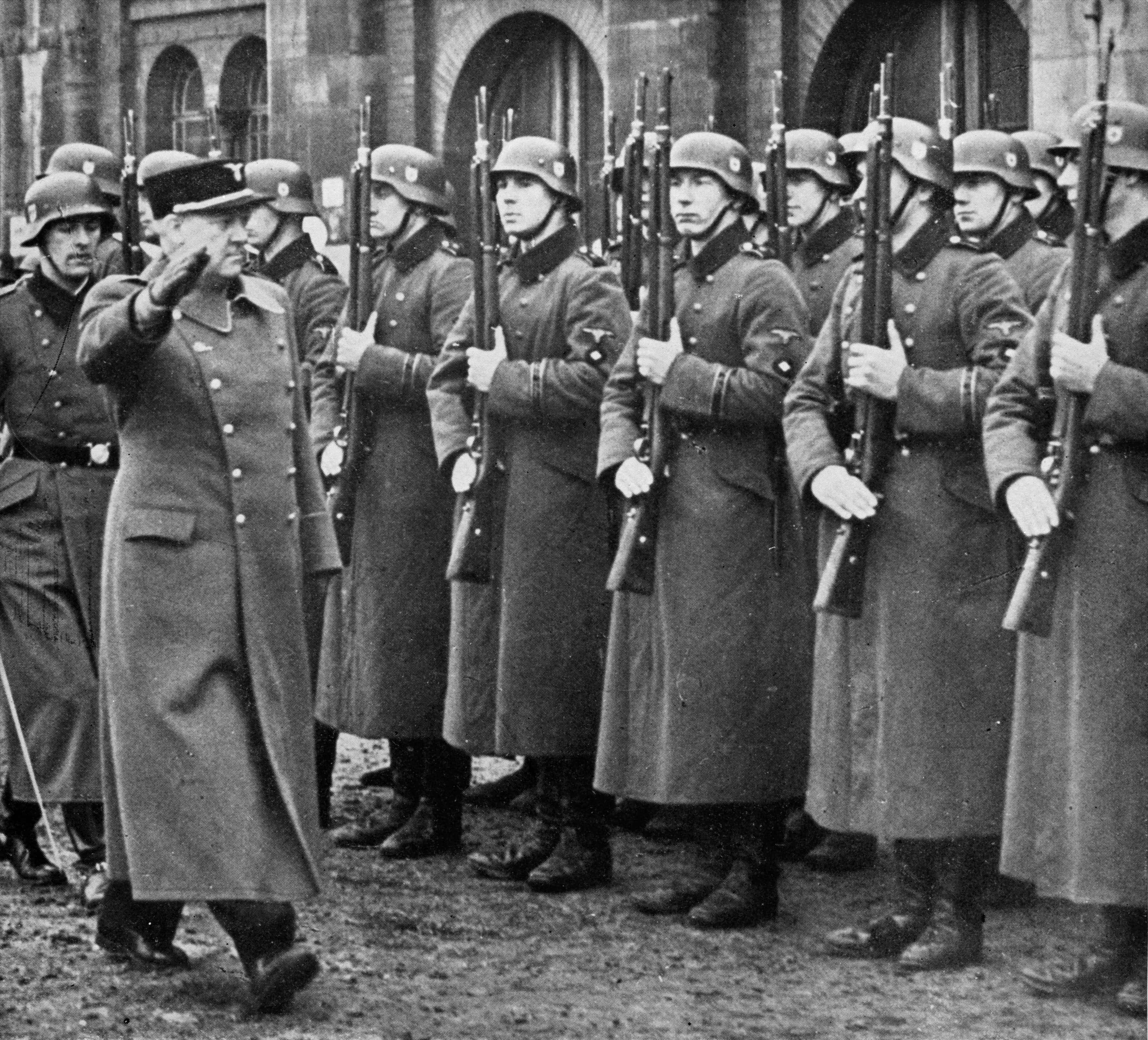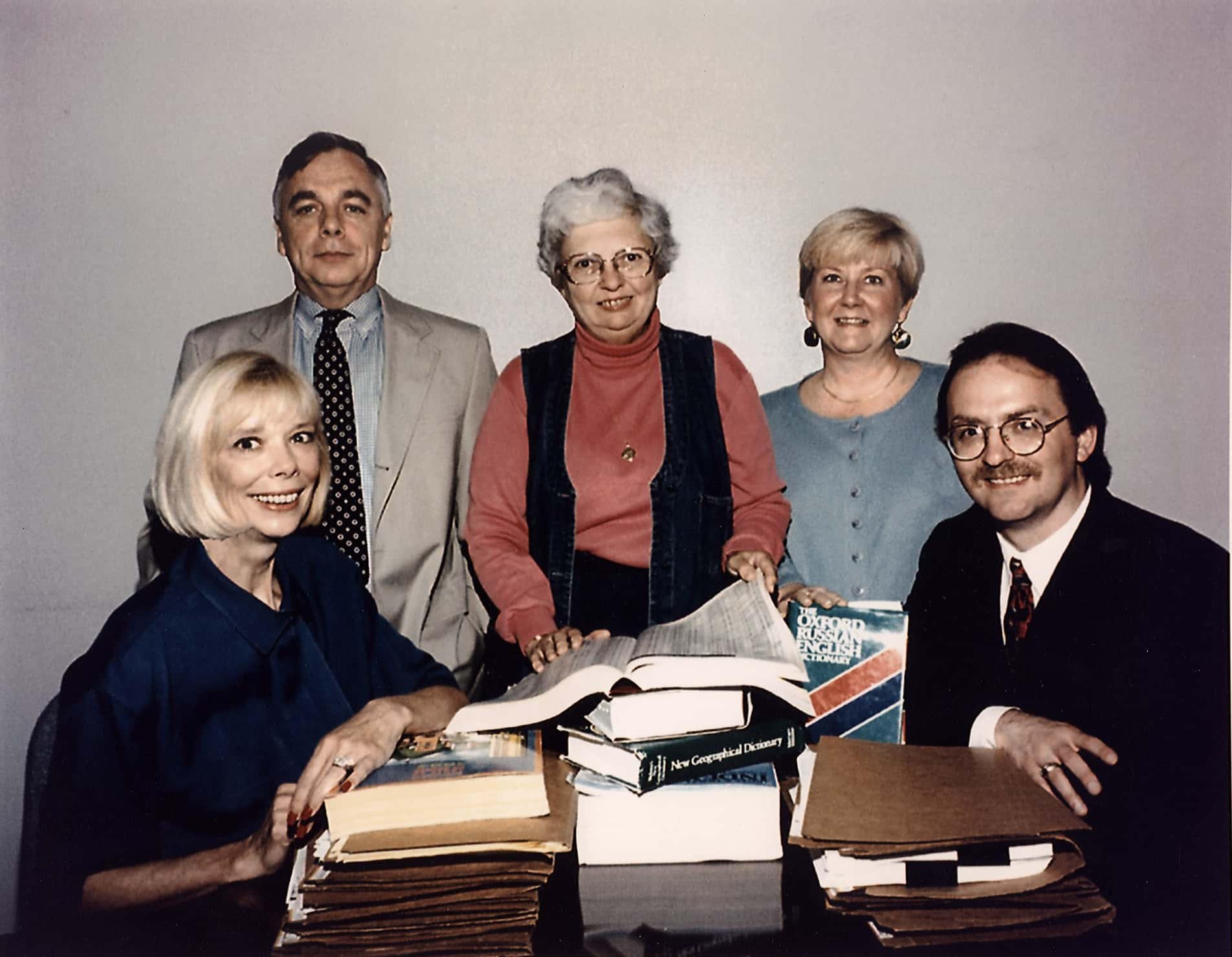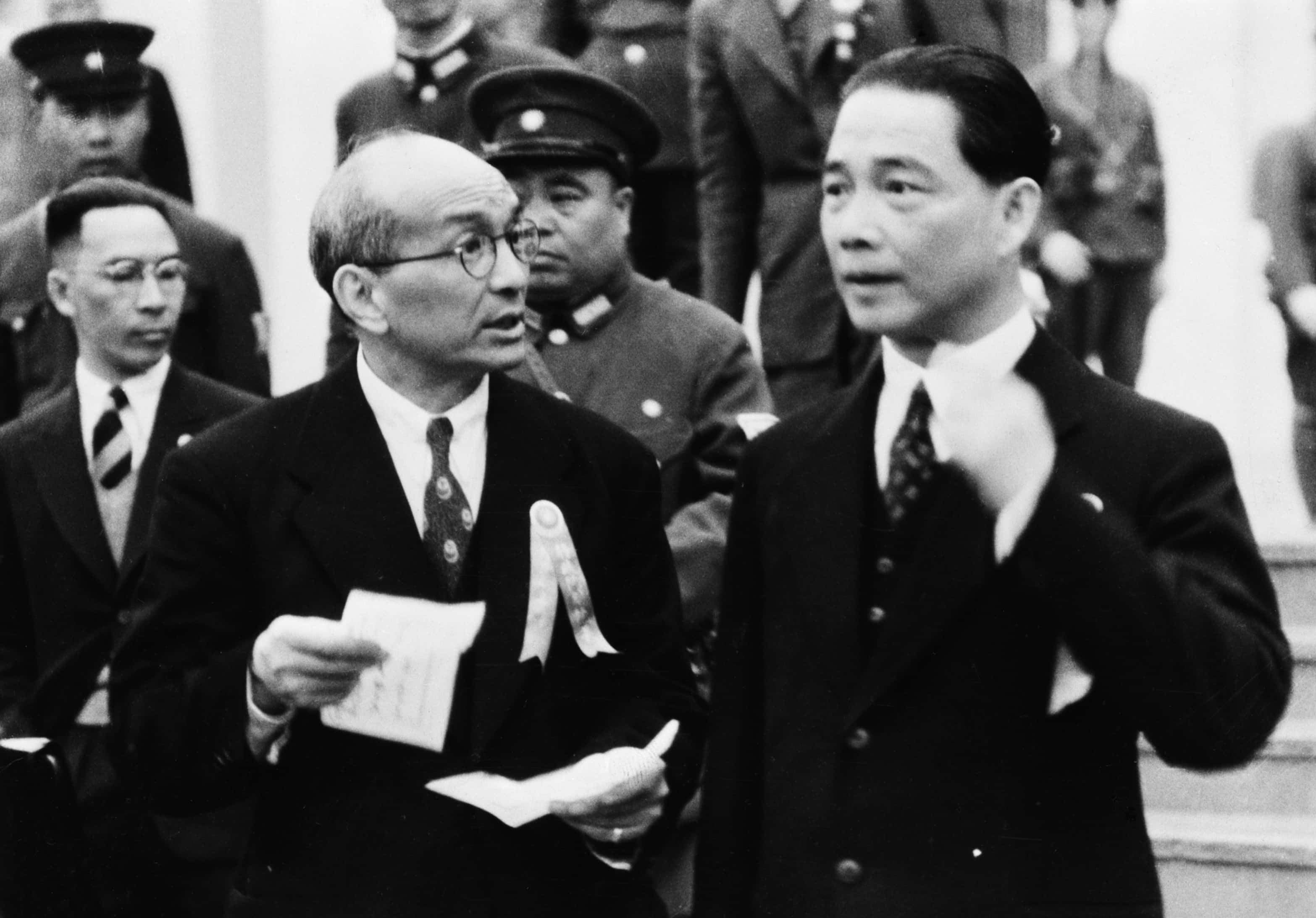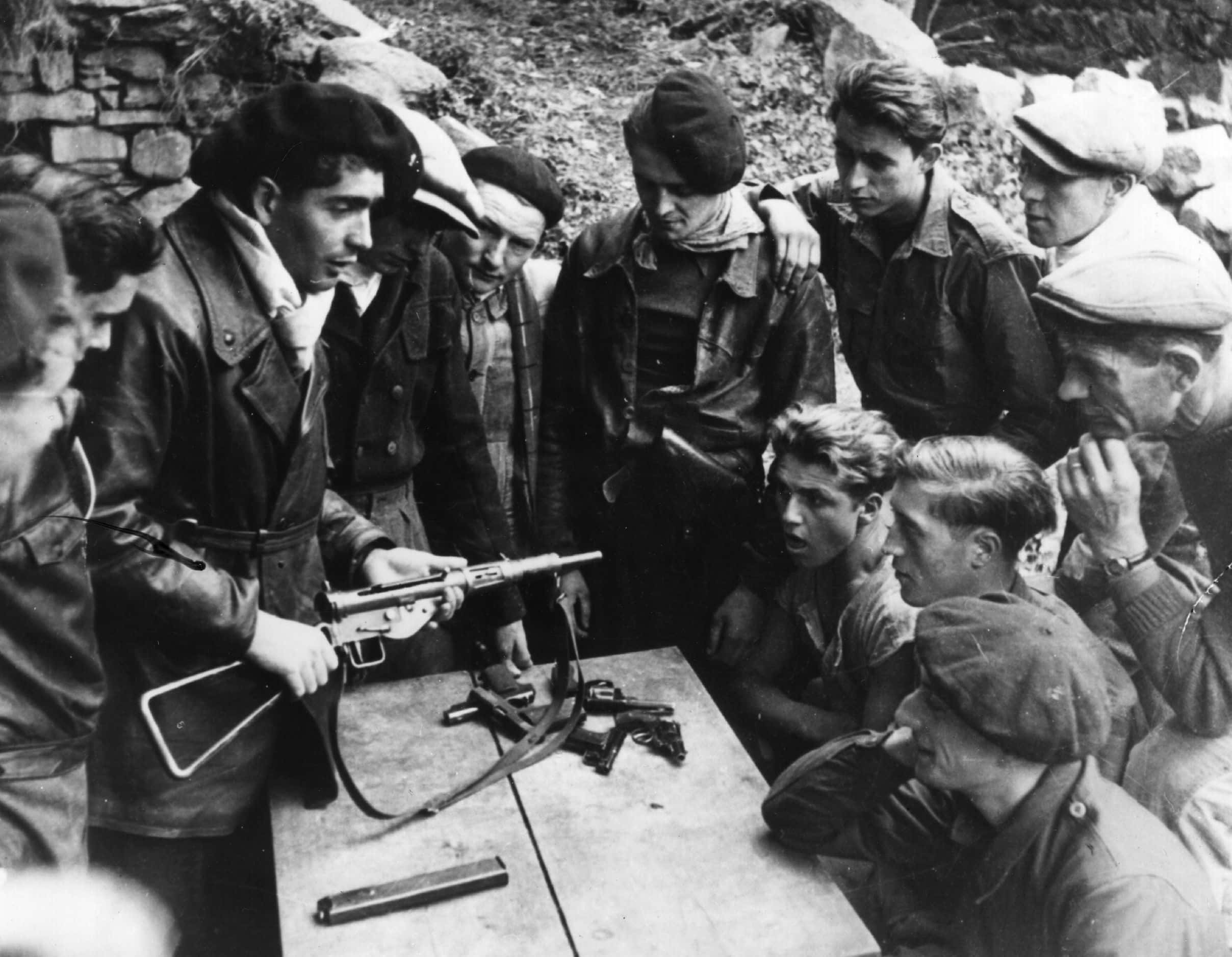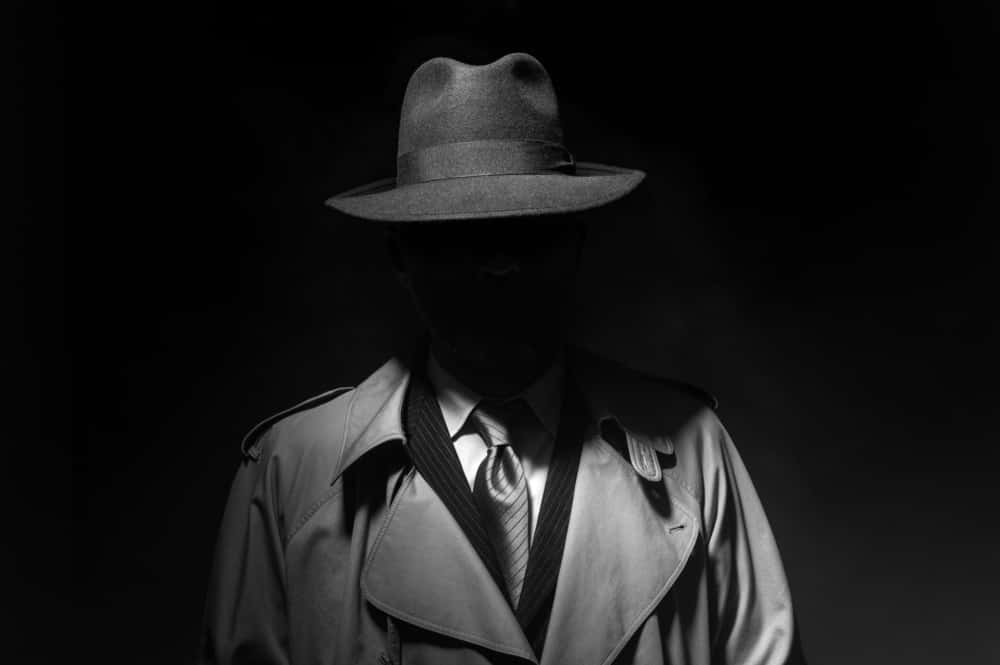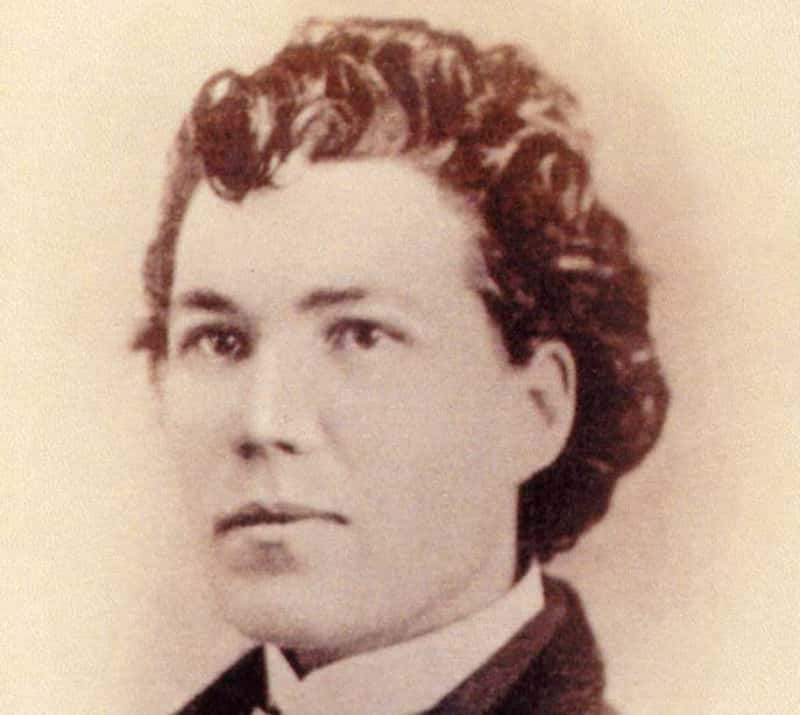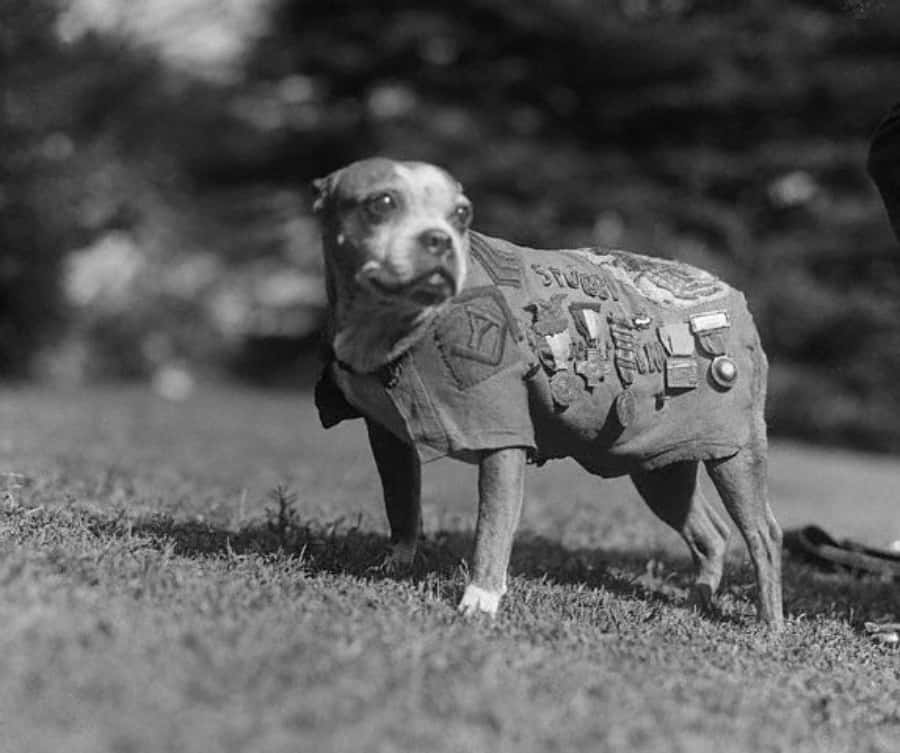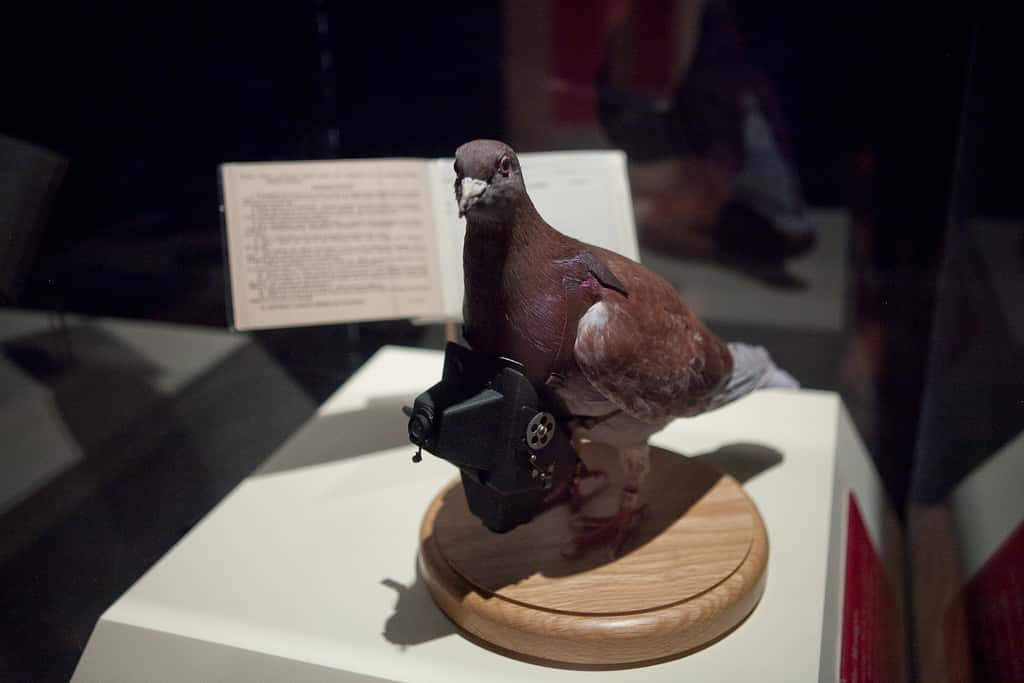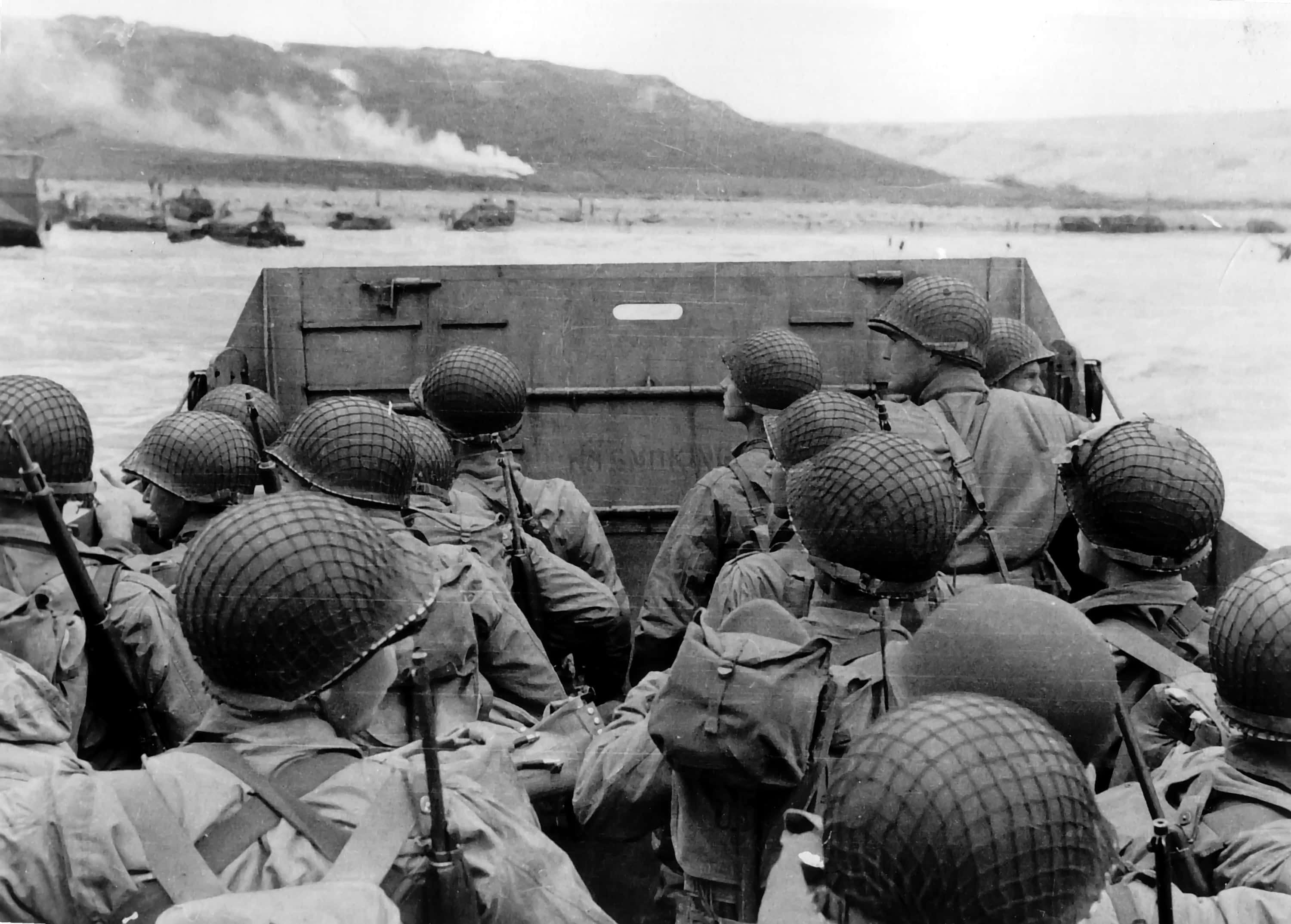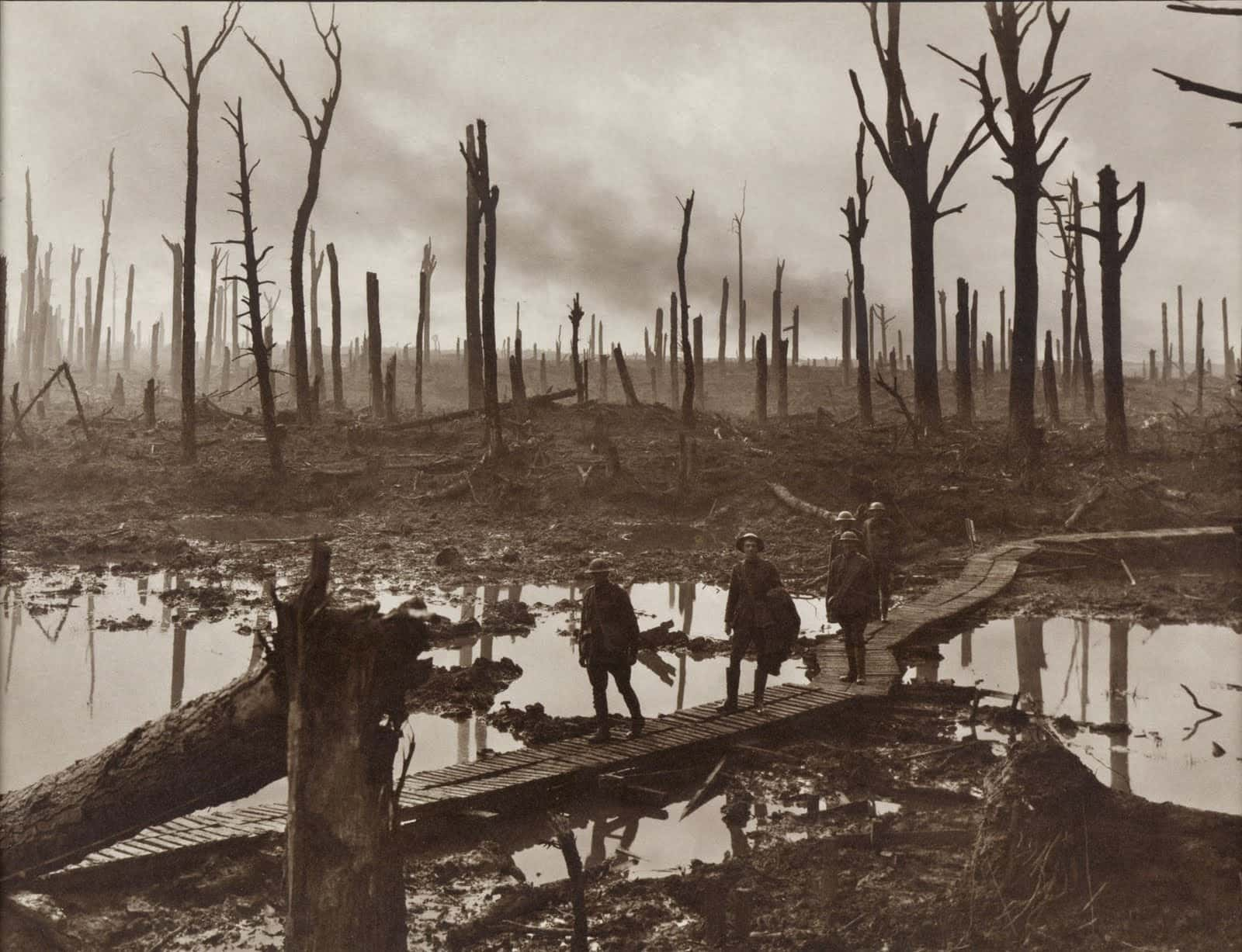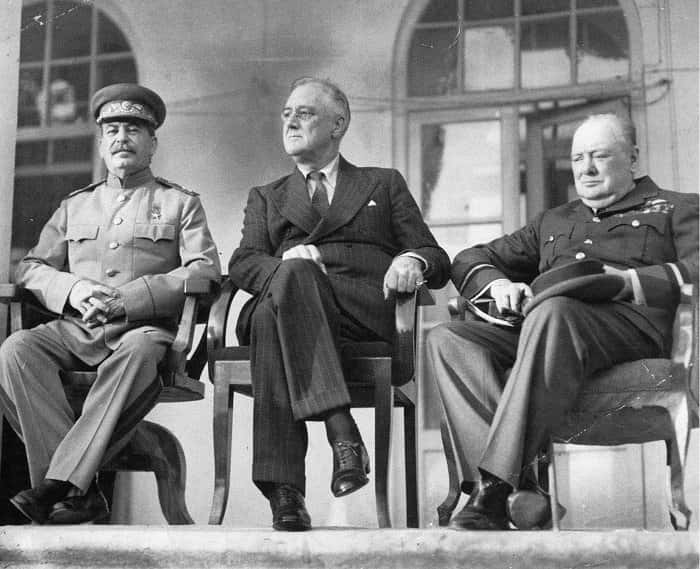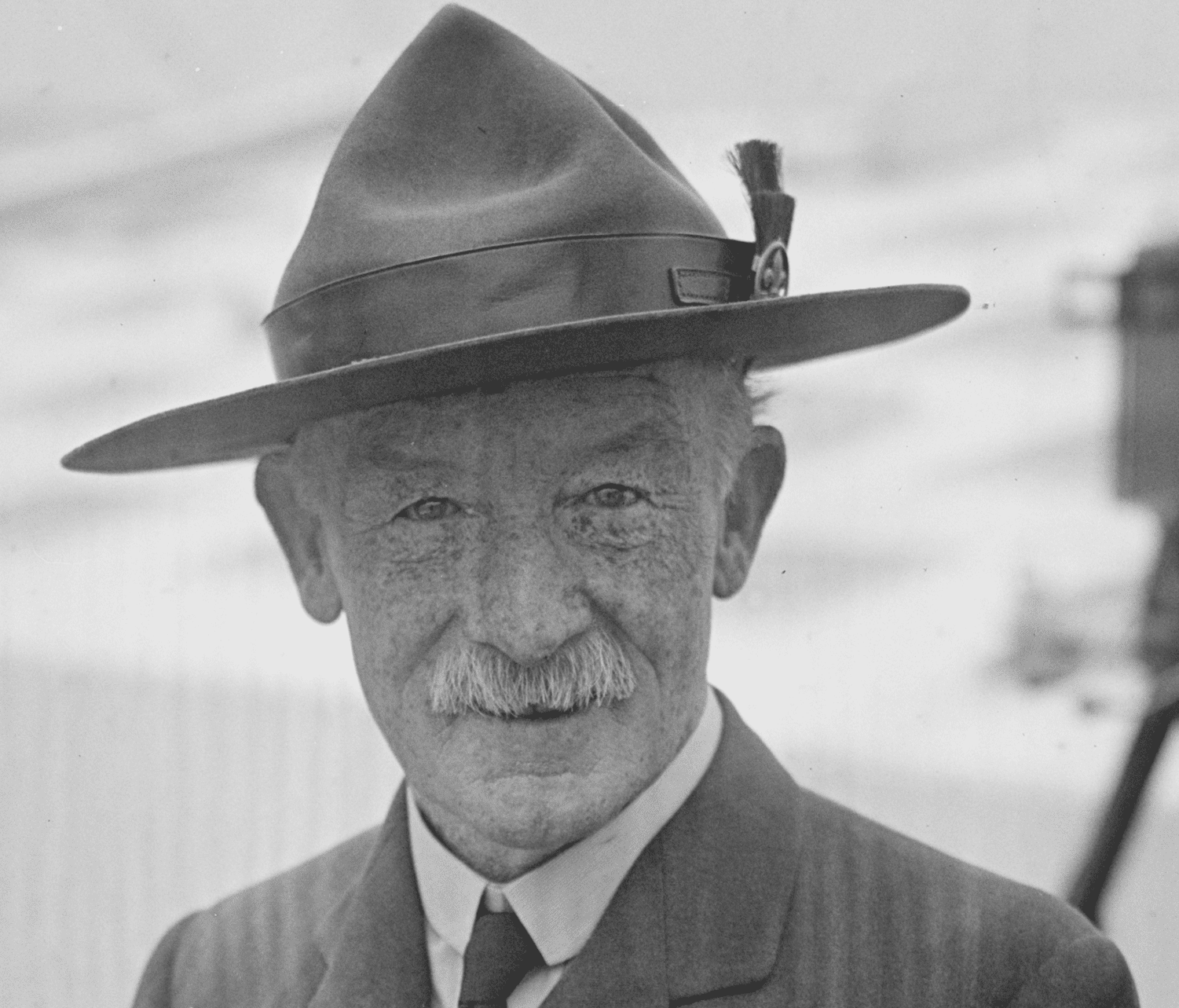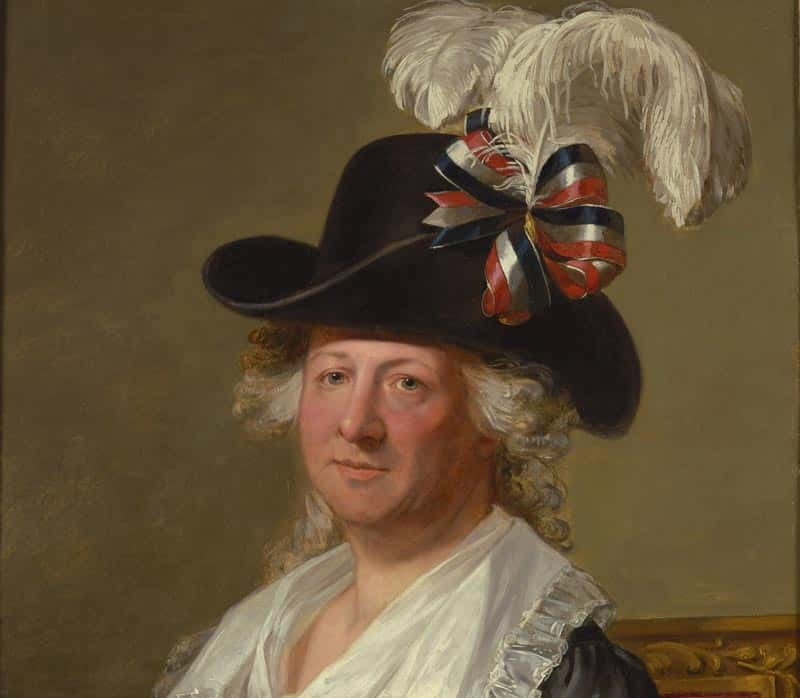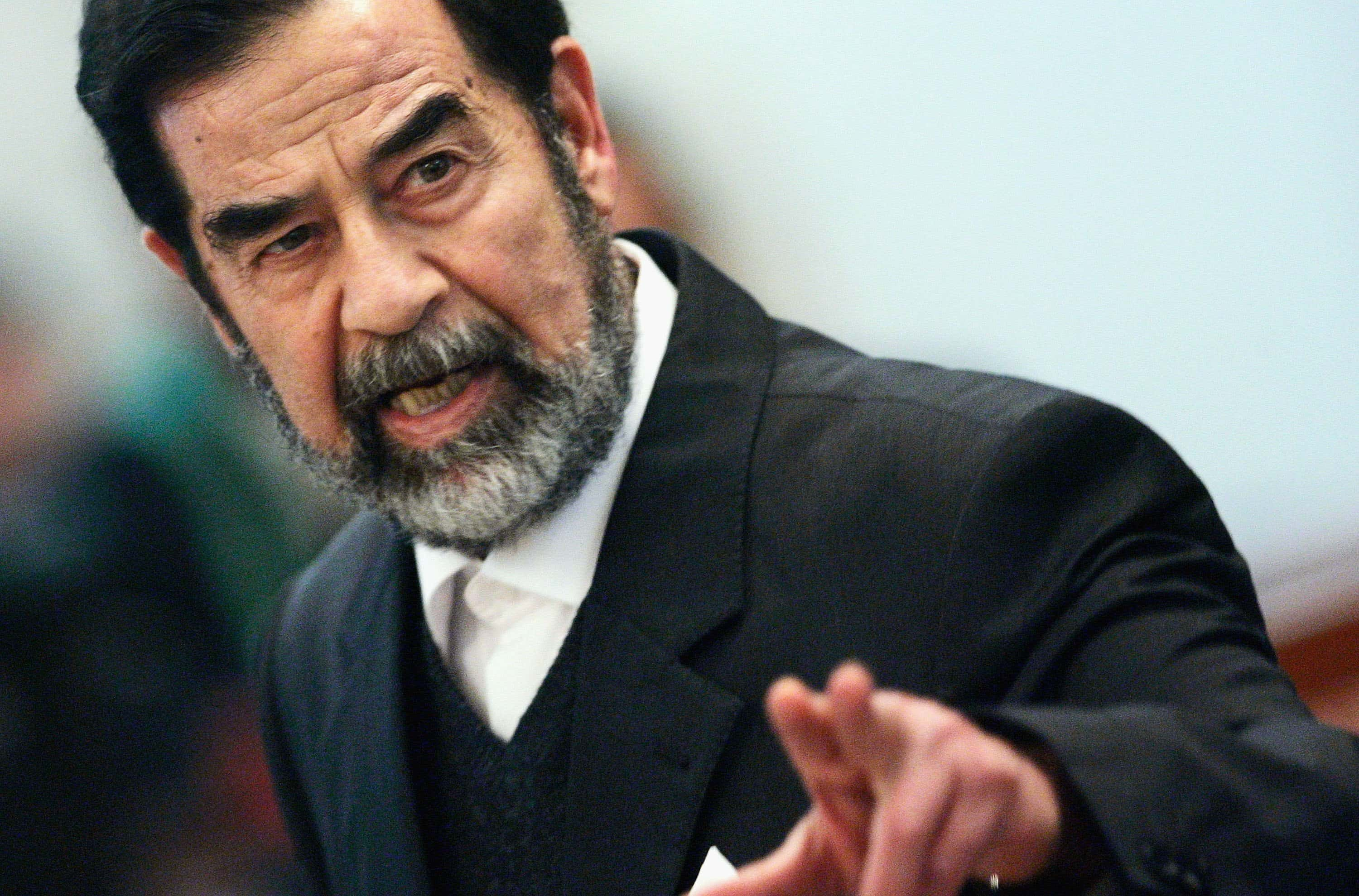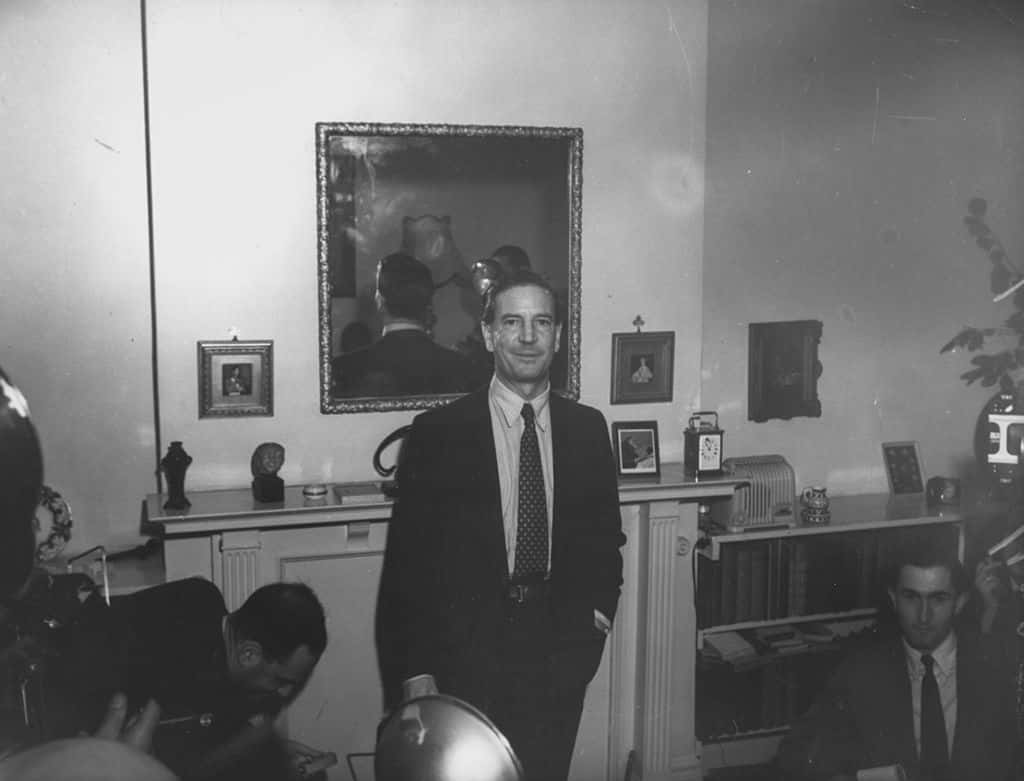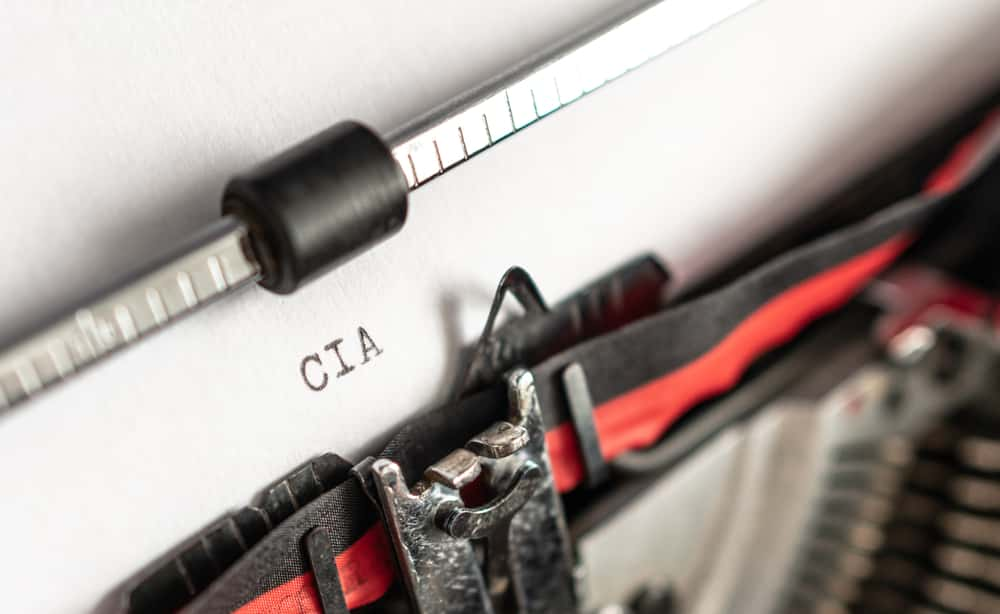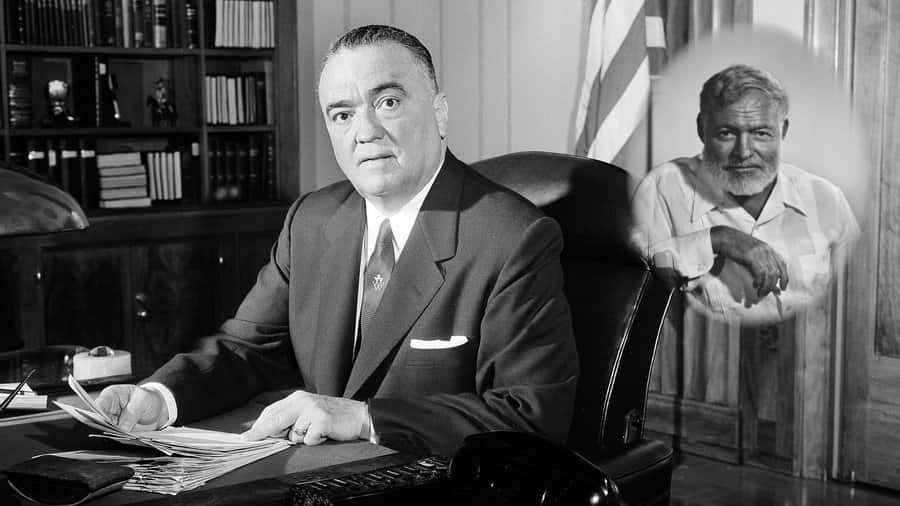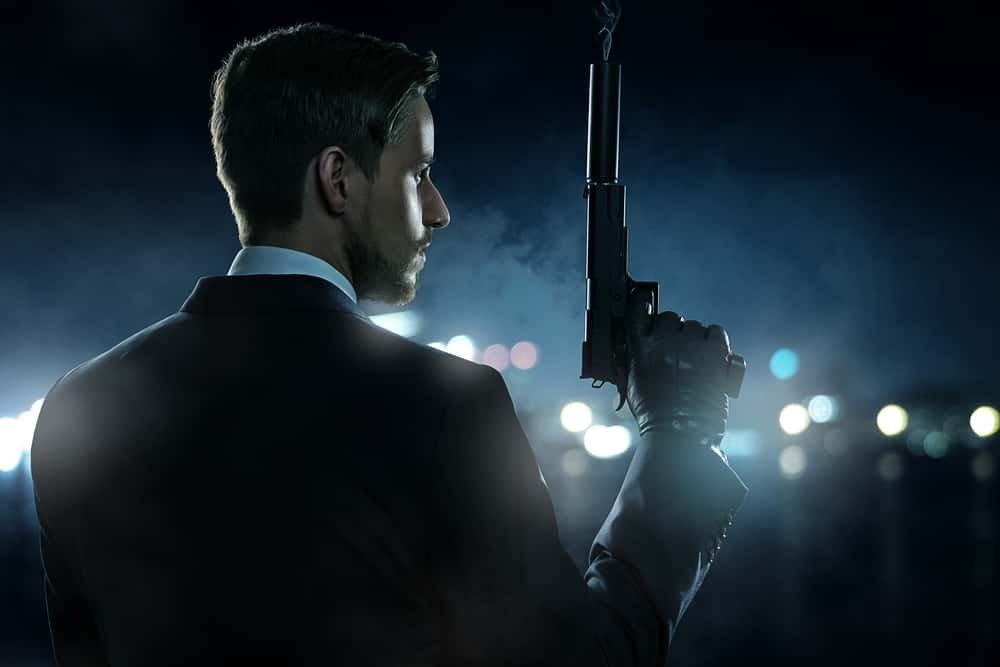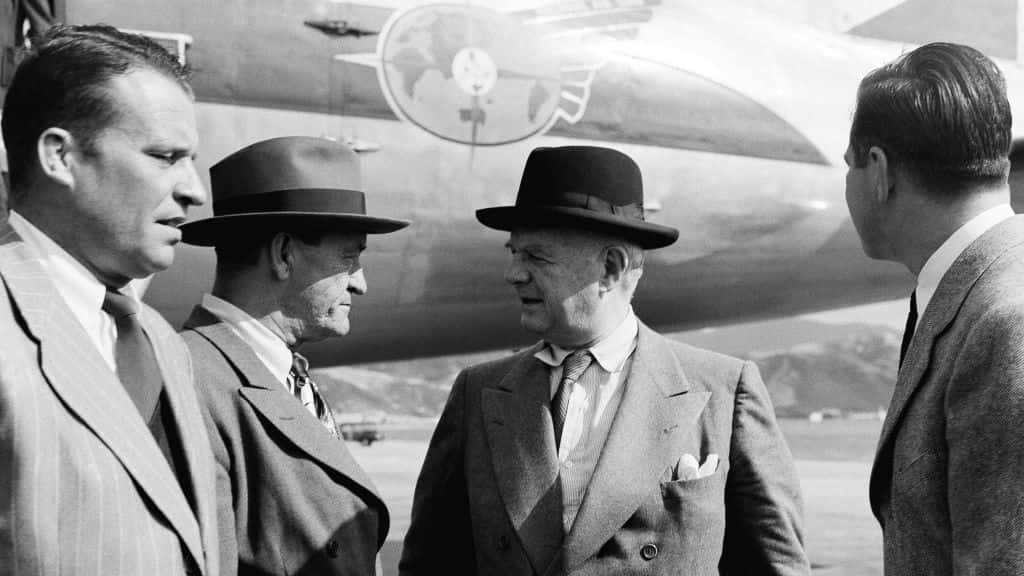When most of us picture the life of a spy, we imagine something out of James Bond. Jetpack gunfights and martinis on the moon, right? Well... sort of. Although the world of espionage can certainly be glamorous at times, what the movies always seem to miss is just how utterly bizarre it can be as well. Don't believe us? Well, check out these 47 devious facts about the world of spies and espionage.
Just remember, we warned you.
1. Loving A Spy
Being tapped can come in handy.
One CIA officer in the Soviet Union used an unsecured phone line to make a dinner date. One the way, he realized that the KGB were driving both in front of and behind him—so when he got lost, he simply followed the KGB straight to the restaurant.
2. The Dangers Of Espionage
Cold War suicide glasses had a single cyanide pill hidden in the arm. When a spy found themselves in trouble, they could chew on the arm of the glasses to poison themselves and avoid torture. Playing with your glasses is a pretty common nervous habit, one that hopefully none of the aforementioned spies were afflicted with.
3. A Telltale Staple
Russia used an incredibly subtle trick to identify hundreds of spies: Americans would use good-quality, rust-proof staples on their documents, whereas actual Russians used cheap staples that left a rust stain behind.
4. Right in Charlie’s Chocolate Factory
Famous children’s author Roald Dahl was reportedly a James Bond-ian super spy who slept with countless high society women while living in US, gathering intelligence for the British. We'll let you decide if this crazy rumor is true or not.
5. Optical Zoom
The cameras in spy satellites have such powerful zoom, they can photograph license plates clearly from 50 miles up in space.
Remember that the next time you think nobody's watching...
6. Death To Spies And Espionage
SMERSH, the Soviet intelligence agency that employed Dr. No and Goldfinger in the James Bond novels, actually existed. Smert Shpionam, AKA “Death to Spies”, was an organization in operation during the Second World War, and one of their missions was the recovery of fragments of Hitler’s skull. We know Bond is already in the mix, but it also sounds like a great plot for an Indiana Jones movie.
7. Doctor of Espionage
The CIA actually runs both a university and a grad school program which train students in technology, language, and other subjects that are especially useful to spies.
8. Dim-Witted Double Agent
Earl Pitts spied for the Russians while working for the FBI in the ‘80s and ‘90s. The FBI set up a sting operation to catch him, but Pitts inadvertently thwarted their attempt—by forgetting where to meet his contact. He wandered around the wrong part of the New York Public Library for half an hour before giving up and leaving.
9. Odd Proposal
Anna Chapman—AKA Anya Kushchenko—began spying for Russia in the 2000s and became famous for it back in Russia. When the Russian government tasked her with keeping Edward Snowden in the country, she attempted to seduce him by proposing over Twitter.
10. CIA “Bug”
As early as the 70s, the CIA was experimenting with a drone spy gadget—disguised as a dragonfly.
This tiny UAV (unmanned aerial vehicle) was powered by a gas engine. But it also had a major flaw: all it took was a crosswind to knock it off course.
11. Using Your Head
All kinds of everyday objects have been used to conceal spy gear. One inventive example is a pipe with a tiny radio concealed inside it. No speakers required—sound waves traveled through the jaw bone straight to the ear canal.
12. Wanted Dead or Alive
Christine Granville—AKA Krystyna Skarbek—a former Miss Poland, spent the late stages of WWII spying for the British in France. When she ran afoul of the Gestapo, not only did she convince them of her cover story, but she also got them to release two more captured spies—even though their office walls were plastered with her picture on Wanted posters!
13. Close Call
Called “the Strangest Man to Ever Play Baseball", Boston Red Sox catcher Morris “Moe” Berg possessed a dazzling intellect. Berg would sometimes read ten newspapers simultaneously. Berg’s gifts for language and memorization caught the attention of OSS officials, and Berg spent the war interviewing European physicists, tracking Germany’s progress on the atomic bomb.
At one point, he went into enemy territory to attend a lecture by Nobel Prize-winning German physicist Werner Heisenberg. If he determined that Heisenberg seemed close to building an atomic bomb, he was to assassinate the scientist on the spot. Luckily for Heisenberg, he wasn’t close at the time.
14. Punch-Out
One deadly spy gadget was the glove pistol. Mounted on the back of a glove, the trigger was activated by punching the target, which would shoot them at point-blank range. This gun came in “handy” when the spy was caught: they could innocently put their hands up, then punch the enemy in the head once they came closer.
 Wikimedia Commons, Joyofmuseums
Wikimedia Commons, Joyofmuseums
15. Lonely Hearts
There was such a problem with lonely secretaries being seduced by “Romeo” Soviet spies in East Germany, that NATO had to hang posters in their offices reminding ladies to keep their hearts closed.
16. Stick It Where the Sun Don't Shine
Desperate times call for desperate measures. The CIA designed a tiny anal toolkit, which a spy could hide in their posterior in case of trouble. Once captured, the spy would simply poop out the toolkit and make their escape.
17. Check Your Prejudice
John Scobell was an educated former slave living in the North when the American Civil War broke out. Scobell went to the South as a spy, and used the Confederates’ racism against them: officers did nothing to protect their information when he was around because they assumed he couldn’t understand it.
18. Earning Accolades
Eddie Chapman was an Englishman who spied for the Germans in WWII. When he parachuted into England with a mission to blow up a factory, he instead contacted MI5 and offered to become a double agent. The English faked the factory explosion, and Germany was so convinced that they awarded Chapman a medal.
 Getty Images
Getty Images
19. Wild Bill
Before the CIA, there was the Office of Strategic Services. The OSS was headed by William “Wild Bill” Donovan. Donovan had caught the attention of governmental higher-ups first as a soldier in WWI, and then as a zealous smasher of speakeasies during the Prohibition Era. Prior to being posted as head of the OSS, President Roosevelt had offered Donovan the governorship of the Philippines (which Donovan declined.)
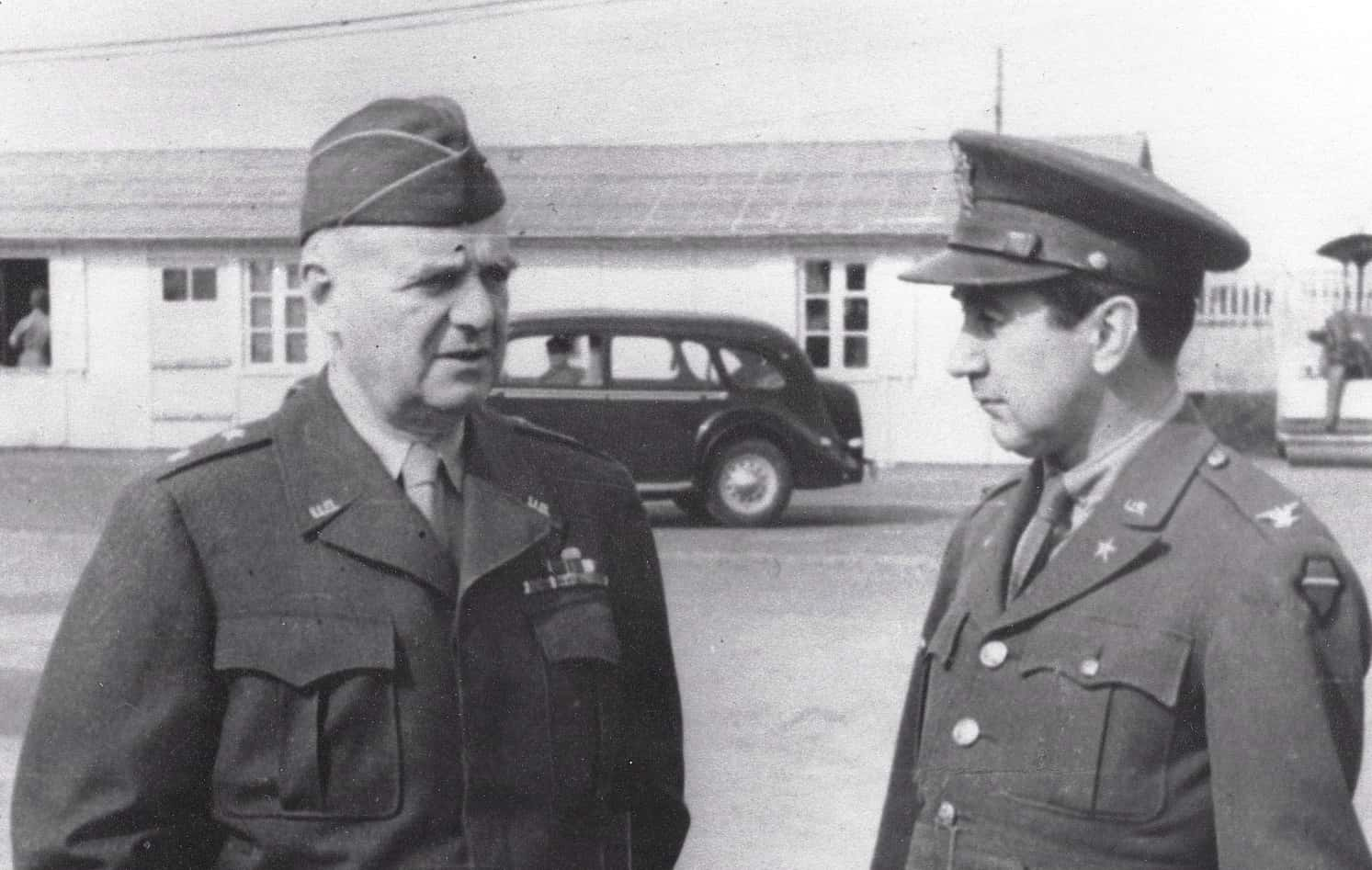 Wikimedia Commons, US Army Signal Corps
Wikimedia Commons, US Army Signal Corps
20. Blame Canada
A Canadian named Alexander Keith Jr.—nephew of Halifax beer baron Alexander Keith—worked with a Confederate spy ring in Canada during the American Civil War. One of the plans he hatched was to spread Yellow Fever among the Yankees by smuggling dead people’s clothes over the border. As long as you don’t put it in the beer, dude!
21. Beat That, Shakespeare
Christopher Marlowe, the English playwright and contemporary of William Shakespeare, might have been a spy for the British government. He did have a history of getting into legal scrapes that the government would smooth over. The Privy Council also ordered Cambridge University to grant Marlowe an MA, saying that they needed him for “matters touching the benefit of his country.”
22. Novelist and Spy
Daniel Defoe was an English writer famous for the novel Robinson Crusoe. Defoe was also a spy for the English government. He earned the trust of the Scottish elite and covertly helped push Scotland into accepting union with England, even becoming an advisor to Scottish parliamentary committees.
23. Spy with a Conscience
Israeli Sarah Aaronsohn joined an espionage ring in 1915 after she witnessed Turkish soldiers brutally executing 5,000 Armenians. The Turks captured Aaronsohn two years later and tortured her for information on her fellow spies. Aaronsohn refused to talk and held out long enough to shoot herself with a smuggled pistol.
24. Cheaters Never Prosper
One Elizabethan spy made a grave mistake in trying to play both the Queen and the Pope. William Parry had spent his career spying on Catholics for Queen Elizabeth. In 1583, he ran out of money and tried to write the Pope, offering his espionage services to him and the Catholic Church. Unfortunately, he was found out just two years later.
Elizabeth had pardoned him from death before, related to previous assault charges, so she showed no mercy this time: Parry was hanged, drawn, and quartered for his involvement in a royal assassination attempt.
25. Implausible Deniability
The British government didn’t acknowledge the existence of MI6—James Bond’s employers—until 1994.
26. Hauling Them Over the Coals
Some of the best spy weapons don’t look like much. During the American Civil War, the Confederates disguised bombs to look like lumps of coal. When a Union sailor shoveled the coal bomb into their ship’s boiler, the explosion was big enough to cause serious damage—as many as 60 Union ships were destroyed this way.
27. Fact and Fiction
James Bond author Ian Fleming was friends with CIA Director Allen Dulles. When Fleming complained to Dulles that the CIA’s spy gadgets were too boring, Dulles knew just where to find inspiration.
Shortly afterward, the CIA created shoe daggers and homing devices... innovations that were straight out of the James Bond novels.
28. An Artist at Work
Spies can find the strangest ways to ingratiate themselves with their targets. Petrus Alamire had a workshop that produced exceptionally beautiful sheet music manuscripts. European royalty would ask to meet this incredible artist, and Alamire would steal the secrets of their court.
29. That’s A Stretch
Long before she was the world’s most famous chef, Julia Child was a researcher for the OSS. She began working for the spy agency as a typist (she had been too tall to join the Women’s Army Corps), which led to her handling classified documents in Sri Lanka.
30. Great Souvenir
Even when a mission goes off without a hitch, spies don’t always get what they expected. When the KGB showed Indonesian President Sukarno video of him having an orgy with several beautiful Soviet spies, they thought they were blackmailing him. Instead, he liked the tape so much that he asked for copies.
31. Quit Stalin
Joseph Stalin really didn’t like Josip Broz Tito, Yugoslavia’s head of state. Tito got so fed up with the constant stream of spies attempting to assassinate him, that he sent this message to Stalin: “If you don’t stop sending killers, I’ll send one to Moscow and I won’t have to send a second.” Despite attempts including a specially-designed disease and a poison jewelry box, Tito outlived Stalin by 30 years.
32. Hotel Estonia
The KGB had extremely advanced audio surveillance technology during the Cold War, and they took advantage of it. One hotel in Estonia, popular with international travelers, had 60 rooms permanently wiretapped, while the KGB occupied an entire floor for constant monitoring and espionage.
33. A Full Life
Pierre Beaumarchais, author of The Barber of Seville and The Marriage of Figaro, held down several jobs in his life, including writer, watchmaker, music tutor to French princesses, and spy. Among his espionage activities, he helped bring France into America’s Revolutionary War. He once said, “If time were measured by the events that fill it, I have lived two hundred years.”
34. The Unassuming Barber
Karl Schulmeister was a spy for Napoleon Bonaparte, and a quick thinker. One time, when a group of Austrian soldiers found Schulmeister, they chased him into a boarding house. They found a barber, complete with towels and razors, who told them the spy had gone upstairs—and as the Austrians raced upstairs, Schulmeister ditched his barber props and made his escape.
35. Clever AF
During WWII, the Americans intercepted Japanese messages saying they would attack a target called “AF”. Unsure what they meant, the Americans took a guess and sent out messages falsely stating that the Midway Atoll had a water shortage. When Japanese communications started reporting a water shortage in “AF”, the Americans knew where to set up defenses.
36. Espionage Expert
Col. George Trofimoff of the US Army worked in military intelligence, with top-level security clearance. He was also a spy for the Soviets, and passed along 50,000 pages of data over the course of 25 years. He is the highest-ranking American officer to ever be convicted of spying.
37. Family Business
If you’re going to recruit family into the espionage business, be sure to stay on their good side. John Walker worked for the US Navy and was a Soviet spy for 17 years. In that time, he convinced his wife Barbara, his brother Arthur, and his son Michael to help out—but when he divorced Barbara and refused to pay his alimony, she went straight to the FBI.
38. Seduction and Military Invasions
In the 1940s, the Nazi SS decided to bug a Berlin brothel, Salon Kitty, in order to record high-ranking Nazis in compromising situations for potential blackmail. The plan went awry when a British spy tapped into Salon Kitty’s surveillance system and recorded Joachim von Ribbentrop plotting an imminent invasion of Gibraltar.
39. Jack in the Box
When you know you’re being tracked, you have to get creative. One CIA officer who had a rendezvous in Moscow arranged a fake birthday party. He and his driver brought a fake birthday cake in the car with them, knowing the KGB were tailing them. The car took a sharp turn to elude their trackers, the CIA officer jumped out, and a silhouette popped out of the cake so it would look like he was still in the car.
40. Uncanny Resemblance
Gabriele Kliem had once dated a handsome scientist, and never quite got over him. So when she met Frank Dietzel, who looked just like her ex and worked for a world peace organization, Kliem was happy to hand over intel from her job at the US Embassy in East Germany. In the seven years they were engaged, Kliem never knew Dietzel was actually a KGB agent with a family back home, chosen specifically for the job because he resembled her ex.
41. Quite the Trip
The CIA set out to building safehouses in New York and San Francisco for the sole purpose of studying the effects of LSD on non-consenting subjects. One outfit was called Operation Midnight Climax: In order to lure people into these safe houses, the CIA had several prostitutes on their payroll—yes, you read that correctly—who would entice “clients” to come back to the houses. Once there, the prostitutes would dose them with various substances—most famously LSD.
The subjects were then monitored behind a two-way mirror. It is alleged that the officials who ran the experiments described them as "fun, fun, fun. Where else could a red-blooded American boy lie, kill, cheat, steal, rape and pillage with the sanction and bidding of the All-highest?
42. Spying Over Some Drinks
In the mid-1770s, long before his famous ride, Paul Revere formed an amateur spy ring. The group came about in response to the brewing conflicts between the Patriots and loyalists of the Thirteen Colonies. Named the “Mechanics,” Revere and his associates would report on “the Movements of British Soldiers” and pass on any information they could acquire to their allies.
Rather than a secret tower or underground base, the Mechanics’ headquarters was the Green Dragon, Revere’s favorite pub and watering hole. Not exactly subtle, but what the hey!
43. Explosive Contributions
That wasn't the end of Paul Revere's espionage exploits...
During the Revolutionary War, a serious concern among the patriot forces was a lack of gunpowder. Since there was only one powder mill in all of the Thirteen Colonies, and he’d already proven himself to be a highly adaptable jack-of-all-trades, Revere was sent to study the details of the mill in Philadelphia so that a second one could be built exclusively for the patriot cause.
Revere’s mission was successful—despite the owner demanding a hefty bribe for his information—and a powder mill was built at Stoughton, which is now known as Canton, in Massachusetts.
44. Paperclips Got Us To The Moon
One of the leading figures of America's quest to land men on the moon actually started his career as a rocket scientist working for the Germans. Wernher von Braun is considered the father of rocket technology. During the war, he helped to design the V-2 rocket— a weapon the Germans hoped would be their saving grace in a war that, by the mid-40's, was beginning to look unwinnable.
After the war was won, Von Braun was secretly repatriated to the United States (along with thousands of other leading German scientists) as part of a government program called Operation Paperclip. He was soon assigned to the rocket task-force at NASA, and served as the chief engineer for the Saturn V rocket. No big deal, though— the Saturn Five was only the engine that propelled Apollo 11 to the moon.
45. This Is the End
Mata Hari, the Dutch exotic dancer who spied for the French, was executed in 1917 for being a German double agent. According to witnesses, Hari refused to be blindfolded as she faced the firing squad who were about to take her life. She did not flinch as the soldiers opened fire, and even after she’d been struck, her face did not change expression.
Unfortunately, for those who want a juicier story, Wales doesn’t mention anything about her supposedly stripping down to her birthday suit to persuade the soldiers not to shoot her (as some sources have stated she did). She did, however, blow a kiss to her executioners in her final moments.
46. Off With Her Head
A double agent prevented an assassination attempt against Queen Elizabeth I. Gilbert Gifford hid messages in beer barrels destined for Chartley Hall, where Mary, Queen of Scots, was imprisoned. He helped to sneak messages between Mary and her supporters, but at the same time he secretly deciphered the notes and passed information to Elizabeth. This intel finally convinced Elizabeth to have Mary beheaded.
47. Slapstick Espionage
When Rome was embroiled in a devastating war against Carthage in 204 BC, they needed every advantage they could get. So, they sent an envoy to the Carthaginian camp with some inept servants on hand. The “servants” were actually centurions—they let a horse get loose, and as they chased it around the camp, they noted the precise weaknesses that would allow them to burn it down a few days later.
48. Shaken, Not Stirred
Said to be a source of inspiration for James Bond, Sidney Reilly is alleged to have spied for four separate countries in the early 20th century. While much of his influence is of great mystery, we do know that he played a great role in many of the wars during his time and repeatedly thwarted the Russians. The “Ace of Spies” was captured and executed by the Russians in 1925.
49. A Nuclear Arrangement
One of the scientists behind the Manhattan Project, Theodore Hall was also an atomic spy for the Soviet Union. He gave the Soviets the details surrounding the development of the “Fat Boy” bomb as he did not feel comfortable with one country having a nuclear monopoly. Hall was not caught but obliquely confessed on a couple of occasions.
50. Double Trouble
William Sebold was the man behind the capturing of the Duquesne Spy Ring, the largest espionage conviction case in U.S. history. Sebold was originally thought to be a German spy during WWII. Actually a double spy, he helped the FBI find the primary communications channel of German spies in New York, which helped the US identify the spies among them.
51. Arch-Traitor of the Habsburgs
Perhaps responsible for the largest number of deaths of his own countrymen, Alfred Redl was an Austrian military officer in the early 20th century who spied for the Russians. He sold secrets about military plans and supplied information about Austrian agents to the Russians, which led to half a million Austrian deaths. A leading figure in the lead up to World War I, he ultimately committed suicide in 1913 after his betrayals were discovered.
Colonel Alfred Redl and General Giesl in Prague
52. The French Nazi
A traitor of the highest caliber, Marshal Pétain was a military hero during WWI but went on to lead the Nazi-aligned fascist Vichy regime in France during WWII. Pétain signed an armistice with Germany and would collaborate with the Nazis on every level early in the war, going so far as rounding up Jews and sending them to concentration camps.
53. The Man of Many Names
Fritz Joubert Duquesne, the German spy behind the infamous Duquesne Spy Ring, is one of the most successful con men in history. He was responsible for acquiring human intelligence and performing sabotage missions during times of war. He managed to evade imprisonment several times. Duquesne had at least 30 aliases between the Boer War to his death.
54. Remember, Remember, the 5th of November
After converting to Catholicism, Guy Fawkes turned on England and fought for the Spanish in the Eighty Years’ War. Upon returning to London, he became involved with The Gunpowder Plot to assassinate King James I, a Protestant king, by blowing up the house of Parliament; Fawkes and his co-conspirators wanted to return the throne to a Catholic ruler.
The plan was eventually exposed, and Fawkes became a symbol for Treason in England.
55. The Magic Lamp
Perhaps the key to British colonial rule over India, Mir Jafar was head of the Bengal army during the 18th century and desired to be the Nawab of Bengal. Before the Battle of Plassey, Jafar agreed to hold his army back and not support the Indian forces against the English. This ensured a British victory, and Jafar was put on the throne of a puppet government.
56. How Could You Do Me Like That?
The most famous American traitor, Benedict Arnold was one of the most successful American generals during the Revolutionary War. However, after not receiving his due credit, he felt disdain for the Americans and sold West Point to the British. He eventually joined the British and led raids against the Americans, although later in life he lamented his actions.
Benedict Arnold, standing
57. A Great Betrayal
James Armistead was the first African-American double agent spy—he was also a slave. In 1781, Armistead gained the trust of the Brits while acting as a British spy, all while he gathered information about the UK's military plans to send to the Americans. Armistead also played a critical role in the American victory at the Battle of Yorktown, which changed the trajectory of the war.
58. Doing The Dirty Work
An informant for Napoleon during the Napoleonic Wars, Karl Schulmeister was originally an Austrian spy before turning into a double agent for the French. Deployed all over the continent, his intel led to the capture and execution of the Duke of Enghien and was crucial for Napoleon’s triumph at the Battle of Austerlitz.
59. Malay Mission
A Dutch professor of Oriental cultures, Christiaan Snouck Hurgronje was one of the first Westerners to make the pilgrimage to Mecca; he faked his Islamic faith to infiltrate anti-colonial Islamic circles in Indonesia. With his help, the Dutch were able to quell the resistance during the Aceh War and impose further colonial rule.
60. Oh, Judas
We might as well begin with the most famous traitor of all, Judas Iscariot. The brand name of betrayal, Judas sold Jesus out for 30 pieces of silver and sealed the fate of the Western world with a kiss.
61. This Was Sparta
There isn’t much information Ephialtes of Trachis besides his infamous act of betrayal of his fellow Greeks. During the battle of Thermopylae, minimal Greek forces, including the famous 300 Spartans, were defending a pass from the Persians. Outnumbered by the thousands, they were holding their ground until Ephialtes showed Xerxes and the Persians a hidden path of access to Greek forces.
62. Cassius the Antifa
The moving spirit behind Julius Caesar’s assassination, Gauis Cassius Longinus was always against the rule of tyrants. After being captured by Caesar during the Great Roman Civil War, Cassius was shown mercy and appointed to a distinguished legate position. As Caesar grew more tyrannical, Cassius hatched an assassination plot with the Senate, convincing many others to join him along the way.
After the assassination, he fled to the east to raise an army but ultimately committed suicide after defeat to Mark Antony at the Battle of Phillipi.
63. Hold up...You too?
The nephew of Julius Caesar, Brutus was adopted by Caesar and had an intimate relationship with the ruler. After being convinced to join the assassination plot, Brutus became the leader of the conspiracy to murder the dictator: Caesar was surprised and the plotters stabbed him 23 times before he died of blood loss.
64. It's in the Blood
After losing the Third Mithridatic War, Mithridates VI retreated and prepared to wage a new war against the Romans. However, his son and planned successor, Pharnaces II, disagreed with his father’s intentions and plotted to dispose of dear old dad. After Mithridates’ army learned of the plans, they sided with Pharnaces and forced their ruler into suicide.
65. A Different Kind of Double-Cross
Francisco Pizarro was able to conquer the ancient Inca empire with only a few men, thanks to the violence of gunpowder. After he captured the Emperor Atahualpa, Pizarro asked for a ransom, but went back on his word and murdered the ancient King. Pizarro was later murdered by the son of his former officer; the son felt his father had not been given enough credit in the conquering.
66. A National Puppet
Nationalist Norwegian bureaucrat Vidkun Quisling served as the Minister of Defense before founding the Nasjonal Samling (National Gathering) fascist party. After the Nazis invaded Norway, they implemented a puppet government run by Nasjonal Samling, and Quisling carried out many crimes through WWII before being executed after the defeat of the Nazis.
67. Luxurious Espionage
An American who spied for the Soviets, Aldrich Ames was a CIA counterintelligence officer who used his access to information as a way to fuel a life a luxury. He sold information on assigned U.S. intelligence agents deployed against the Soviet Union, as well as military intelligence, before being convicted of espionage in 1994.
68. Fickle Nationalism
Wang Jingwei is the name synonymous with treason in the East. Originally a member of the Nationalist Kuomintang party, he turned against his homeland of China after he was unable to become the leader of the party. After a Japanese invasion, he was appointed head of state for a Japanese puppet government.
69. A Cold Man
One of the builders of the French Resistance during WWII, Harold Cole was a British deputy commander who betrayed the Allied forces by divulging information about the Resistance to the Nazi Gestapo. This led to crucial damage against the Allies, and after the war ended, Cole was hunted down and killed by the French police.
70. Satellite of Treachery
Christopher John Boyce was an American who worked for the defense industry in the 1970s. After gaining top secret security clearance and feeling jaded by the information he now had, he sold information on spy satellites and communication ciphers to the Soviet Union. After his arrest, he broke out of prison and robbed 17 banks before being recaptured.
71. Hell Hath No Fury
Responsible for one of the most successful Soviet Spy Rings in history, John A. Walker was a Chief officer in the U.S. Navy who spied for the Soviets during the Cold War. Over 17 years, he gave away over a million encrypted naval messages. He almost got away with it, but, during his divorce, his wife went to the FBI after he apparently refused to pay spousal support.
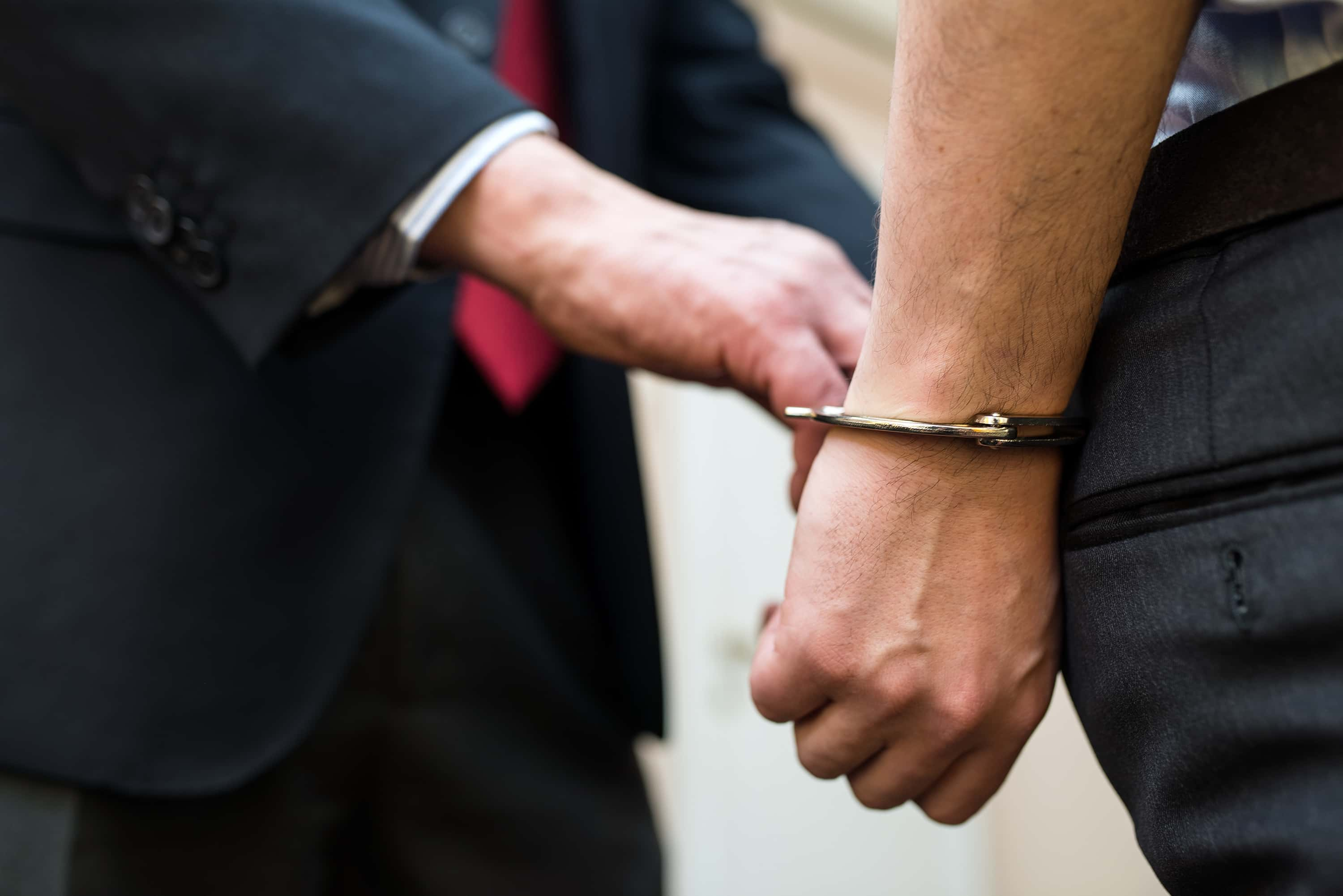 Shutterstock
Shutterstock
72. From Russia, With Love
George Koval was a Russian spy who managed to infiltrate the Manhattan project during WWII and steal America’s nuclear secrets. He single-handedly provided critical technology for Russia’s nuclear arsenal and accelerated their atomic program by at least four years, if not more. It wasn’t discovered he was a spy until 2002, which means he was a pretty good spy.
73. The Anti-Mime
Sarah Edmonds, a white Canadian woman, working for the Union Army during the American civil war, managed to infiltrate Confederate territory in Virginia disguised as a black man. She was known as a master of disguise.
74. Good Dog!
Sergeant Stubby was a WWI American war dog who was promoted to sergeant for single-handedly catching a German spy who was mapping out Allied trenches. His promotion meant he outranked his owner who was just a lowly corporal. No. YOU sit.
75. Like Herding Cats
In the 1960s, the CIA spent $20 million on a project called “Acoustic Kitty” where a microphone and radio transmitter was implanted into a cat. The project was abandoned when they realized that cats don’t care at all about geopolitics.
76. Giving Hitler the Bird
Cats weren’t the only animal spies. Back in WWII, automatic cameras were attached to homing pigeons to conduct aerial surveillance of German positions.
77. L-Roh-L
The word “lollapalooza” was used by American soldiers in the Pacific to identify Japanese spies, who would mispronounce it. It was used because even Japanese spies that have had extensive english language training would likely not have practiced saying this word.
78. The Spy Who Loved… Beaver Tails
Marius A. Langbein was a WWII German spy who was sent to Halifax to spy on North Atlantic convoy movements. When he arrived, he moved to Ottawa, and gave himself up to Canadian authorities. He was found not guilty and allowed to stay because he didn’t actually do any damage to Canadian interests. Unless you count all the poutine he demolished.
79. Trojan Tree
In 1917, Germans built a 25-foot tall, armor-plated, fake tree and stationed a soldier in it for months to spy on Allied artillery positions. To sneak the tree in place the Germans had to cut down and replace a real tree while artillery was firing, so Allied forces wouldn’t hear the axes. Even after taking the German position, Allied soldiers didn’t notice it wasn’t a real tree for seven months.
80. Nice Try, Hitler
Gevork Andreevich Vartanian was a 19 year old Soviet Armenian spy who thwarted Operation Long Jump, a plot concocted by Hitler to assassinate Stalin, Churchill, and Roosevelt at the Tehran conference in 1943.
81. License to Drive… and That’s It
Some famous spies are hugely influential. James Bond was based on a real spy named Wilfred “Biffy” Dunderdale, an MI6 agent stationed in Paris who was friends with Ian Fleming. Dunderdale was known for his appetite for the finer things which is said to be inspiration for bond's taste. Of course, “Dunderdale, Wilfred Dunderdale,” doesn’t have quite the same ring to it.
82. Butterfly Effect
Robert Baden-Powell was a British intelligence agent stationed in Malta who posed as a butterfly collector and hide the plans of military installations in his drawings of butterfly wings.
83. Dude Looks like a Lady
Chevalier d’Eon was a French spy, diplomat, and lady-in-waiting who infiltrated the court of Empress Elizabeth of Russia. It was only after her death in 1810 that it was discovered she was, in fact, a man.
84. Don’t Turn That Dial
The Lincolnshire Poacher was a powerful shortwave radio station that began broadcasting in the mid-1970s, presumably to send messages to operatives in other countries. It was believed to be operated by British intelligence and amateur radio enthusiasts traced its origin to a Royal Air Force base in Cyprus. It stopped transmitting in 2008. Or did it? Yeah. It did.
85. Saddammit
Saddam Hussein refused to allow nuclear inspectors into Iraq because he insisted that they were secret American spies. Turns out, he was right, and the US totally apologized and… they did what now? OH. Oh.
86. Dr. No
In 1963, it was discovered that Kim Philby, who was the head of the anti-Soviet division of MI6, was in fact a Soviet spy. MI6 never caught him and he escaped to Russia without having to break his policy of never ever confessing.
87. Early Retirement Ain’t All It’s Cracked Up To Be
Ex-Russian spy Alexander Litvenenko published an expose of Russian intelligence before fleeing to the UK in 2000. Six years later, he mysteriously died of radiation poisoning despite the largest known source of radiation near him being his microwave oven.
88. Monkey See, Monkey Die
Legend has it that during the Napoleonic wars, a French ship ran aground in Hartlepool, England and the sole survivor was a monkey wearing a French soldier’s uniform. The Hartlepool residents captured the monkey, tried him for espionage, and hanged him as a spy. The English either have a high opinion of monkeys or a low opinion of the French.
89. Nice Catch!
The first spy satellites still used conventional film which had to sent to earth for processing. Engineers created a system where satellites would eject the film canisters which would fall from orbit, and then upon entering the atmosphere would be caught in mid-air by specially designed airplanes.
90. The Keys to Success
Snooping technology has been invented where the keys pressed on a keyboard can be determined just by the sound they make. They can probably also tell if you’re only typing with one hand. Just sayin’.
91. The Americans
In 2010, Tim and Alex Foley discovered that their parents were actually Russian spies after their Cambridge, Massachusetts home was raided by the FBI. Their parents, Donald and Tracey Foley, were actually Andrei Bezrukov and Elena Vavilova and not, as they were led to believe, Canadian. So now the boys have no idea which hockey team they’re supposed to root for.
92. Oral Exam
Soviet spies often had the...uh... sensitive task of seducing high-ranking men and blackmailing them for information.
One former "bedroom" spy described the training she received, which included filming orgies with classmates and critically evaluating the tapes afterward.
93. Tricky
CIA clerk Sharon Scranage was seduced by a Ghanian agent named Michael Agbotui Soussoudis who worked his relationship with Scranage to acquire a list of all CIA employees in Ghana. This security breach is believed to have led to at least one dead CIA informant.
94. A Recipe for Victory
Before she became famous for her culinary artistry, Julia Child served as a research analyst for the US Office of Strategic Services, the WWII US intelligence agency helping the Allied forces cook Hitler’s goose. The OSS is said the be the precursor to the modern CIA.
95. Scorn In The Face Of Death
During the Second World War, the Netherlands was occupied by Germany. Many Dutch people began a Resistance against the Germans, including one Hannie Schaft. She helped Jewish people get their hands on fake IDs until she was arrested and sentenced to death. When the firing squad failed to kill her with the first round, she scornfully declared “I could shoot better!”
Why she doesn’t have a movie about her based on those last words alone is beyond us.
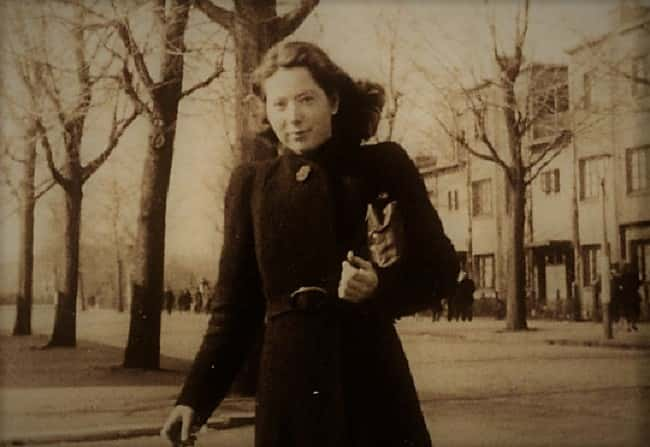 alexandrina.nl
alexandrina.nl
96. Weaponized Seduction
Margaretha Zelle Macleod, better known by her stage name, Mata Hari, used seduction to her advantage in order to either, depending on who you believed, pass French secrets or fake French secrets to the Germans. Either way, she was believed to be a German spy, sentenced to death by a French court, and seductive until the end, blew a kiss to her firing squad before they did their duty.
97. Compiling a File
During J. Edgar Hoover’s time as Director of the FBI, he authorized and helped compile a fairly thick file on Hemingway. The file is 127 pages long, with 15 pages completely withheld or blacked out from public view, supposedly as a matter of "national defense." The file was started in October 1942, and continued until January 1974, almost 13 years after his suicide.
There are also references in the file that suggested that Hoover had been keeping tabs on him for close to a decade prior to starting the file. Hoover’s exact reasons for targeting him are still classified, but evidence suggests that Hoover likely believed that he was a Communist and a radical, as he did many modernist writers of the time.
98. Secret Operations
In one of the most audacious (and possibly immoral) secret operations of World War 2, Allied forces “borrowed” the corpse of a poor Welsh man and used it to fool German agents—the story is stranger than fiction. It was called Operation Mincemeat, and the details were outrageous. Allied agents procured the body from a source at a morgue in London, and dressed it as an officer of the Royal Marines.
They then planted documents on the body that seemed to show the Allies would be attacking Sardinia—rather than Sicily, which was the real plan. In the end, it seems German intelligence fell for the gambit. The Allied invasion of Sicily went off without a hitch.
99. Tragic Passing
On June 8, 1954, the legendary codebreaker, Alan Turing, was found dead in his home alongside a half-eaten apple. The cause of death was determined to be cyanide poisoning, and an inquest ruled that Turing had taken his own life. It was a tragic way for such a hero to die.
Some people have speculated that Turing’s death was not due to suicide. According to Turing’s mother, she believed that the poisoning may have happened because of an “experimental device installed in his small room” which emitted cyanide fumes. It was apparently uncharacteristic of Turing, a man who regularly ate apples before bed, to leave it unfinished.
Despite said theory of an accidental death, it has been generally accepted that Turing died by suicide after ingesting the cyanide through the apple he’d left unfinished. Those who knew Turing have come out and explained that Turing seemed to have recreated a scene from his favorite fairy tale—and Disney movie—Snow White and the Seven Dwarfs. Biographer David Leavitt has written that Turing took "an especially keen pleasure in the scene where the Wicked Queen immerses her apple in the poisonous brew."
 youtube
youtube
100. Wild Bill
Before the CIA, there was the Office of Strategic Services. The OSS was headed by William "Wild Bill” Donovan. Donovan had caught the attention of governmental higher-ups first as a soldier in WWI, and then as a zealous smasher of speakeasies during the Prohibition Era. Prior to being posted as head of the OSS, President Roosevelt had offered Donovan the governorship of the Philippines (which Donovan declined.)
Sources: 1, 2, 3, 4, 5, 6, 7, 8, 9, 10, 11, 12, 13, 14, 15, 16, 17, 18, 19, 20, 21, 22, 23, 24, 1, 2, 3, 4, 5, 6, 7, 8, 9, 10, 11, 12, 13, 14, 15, 16, 17, 18, 19, 20, 21, 22, 23, 24, 25





